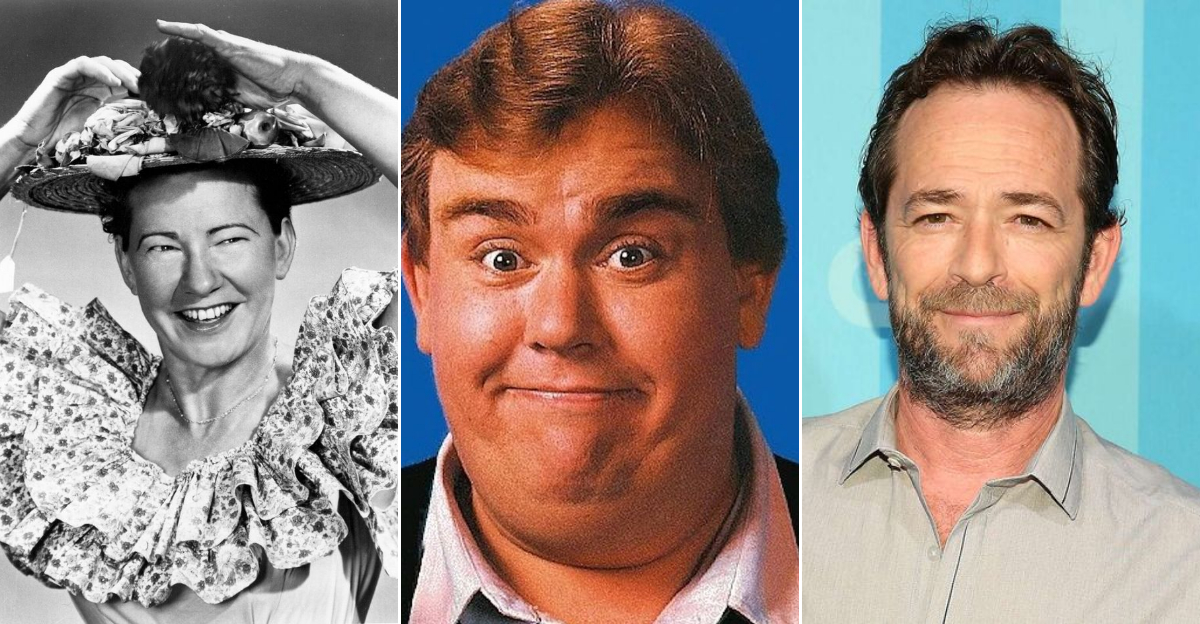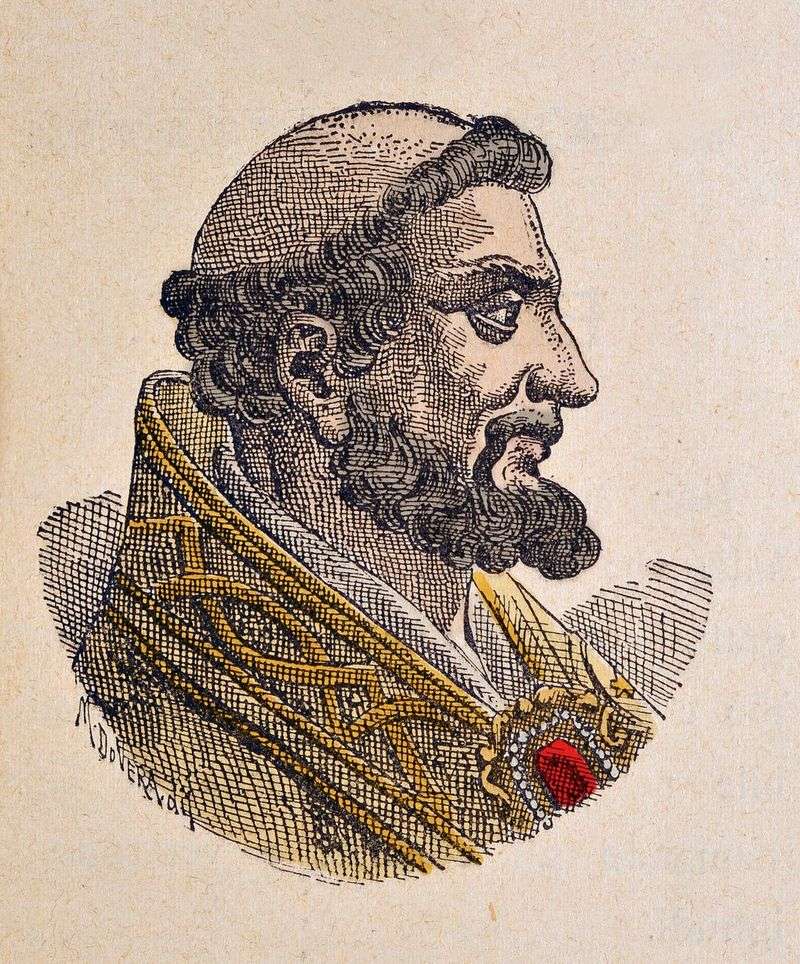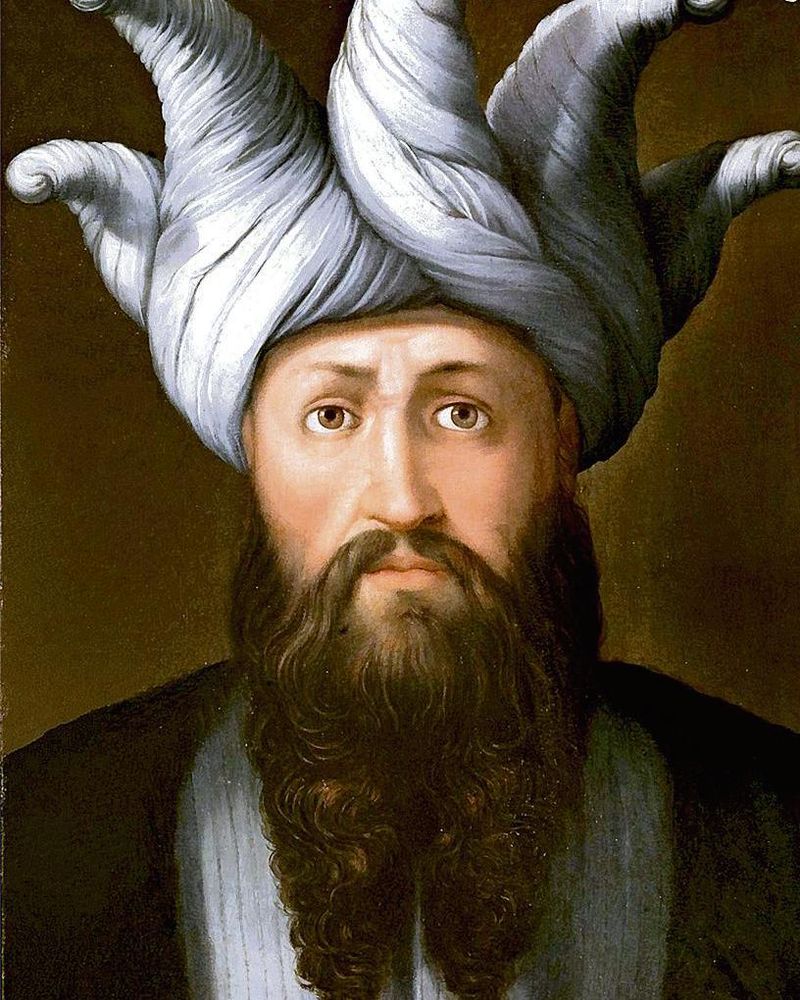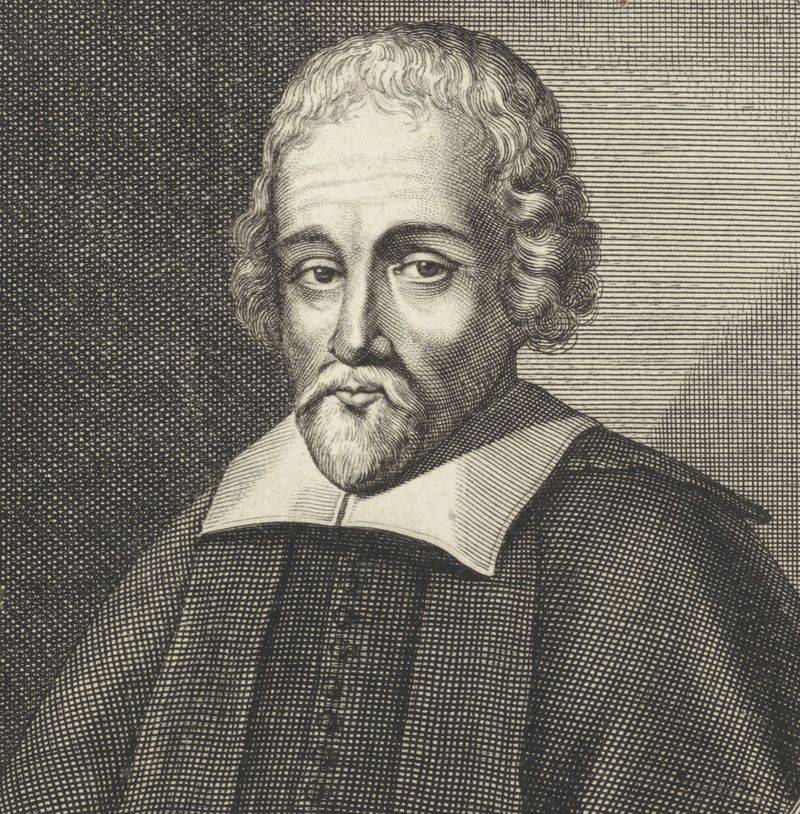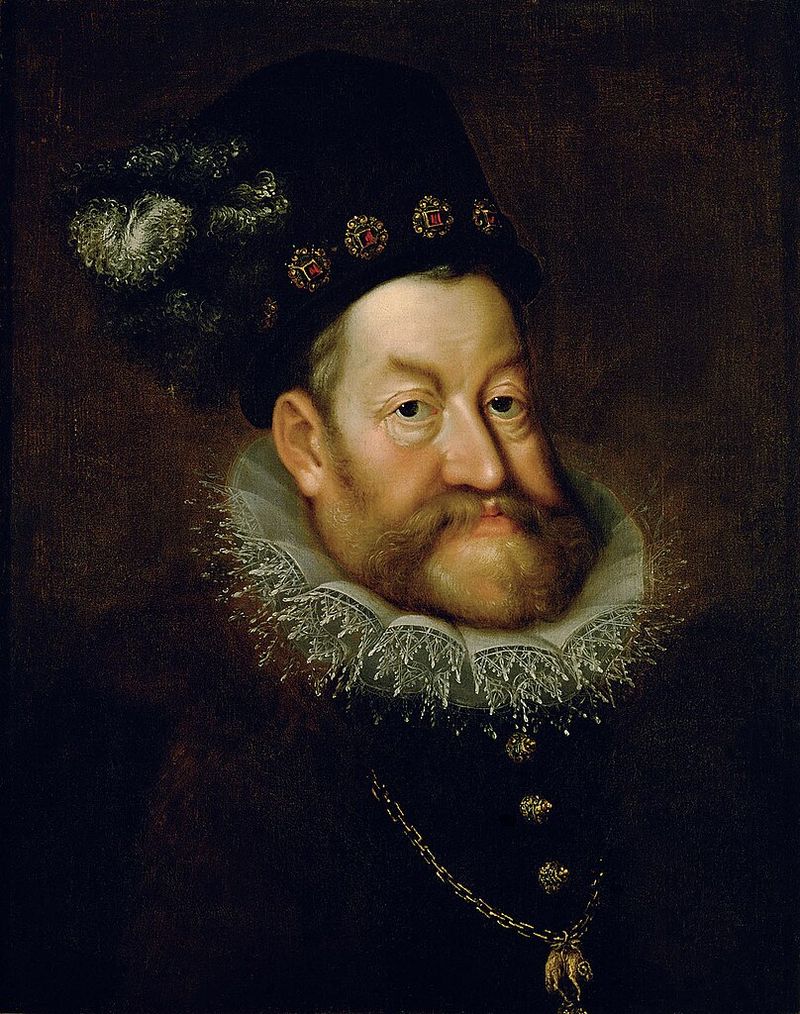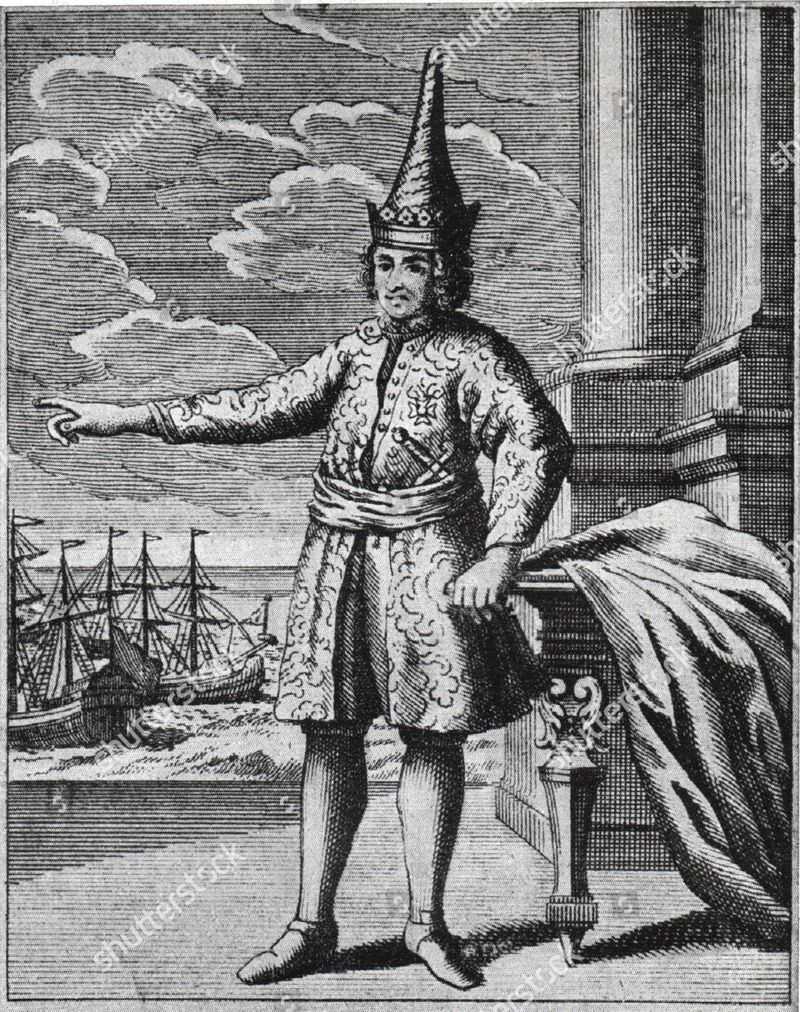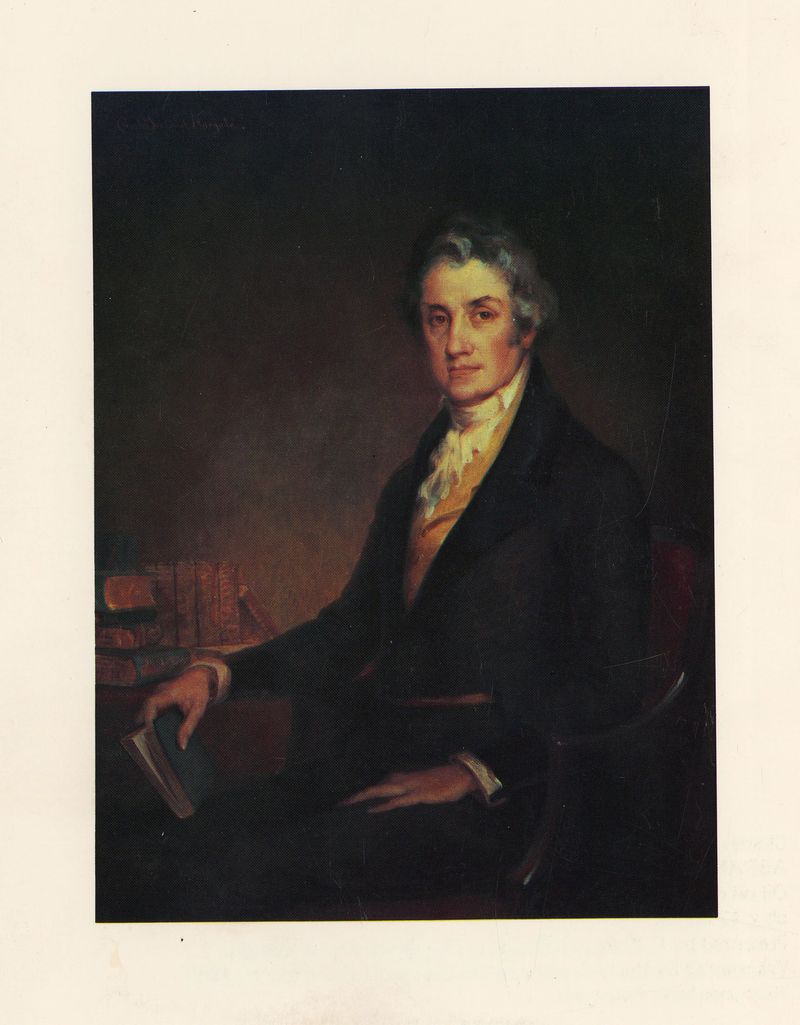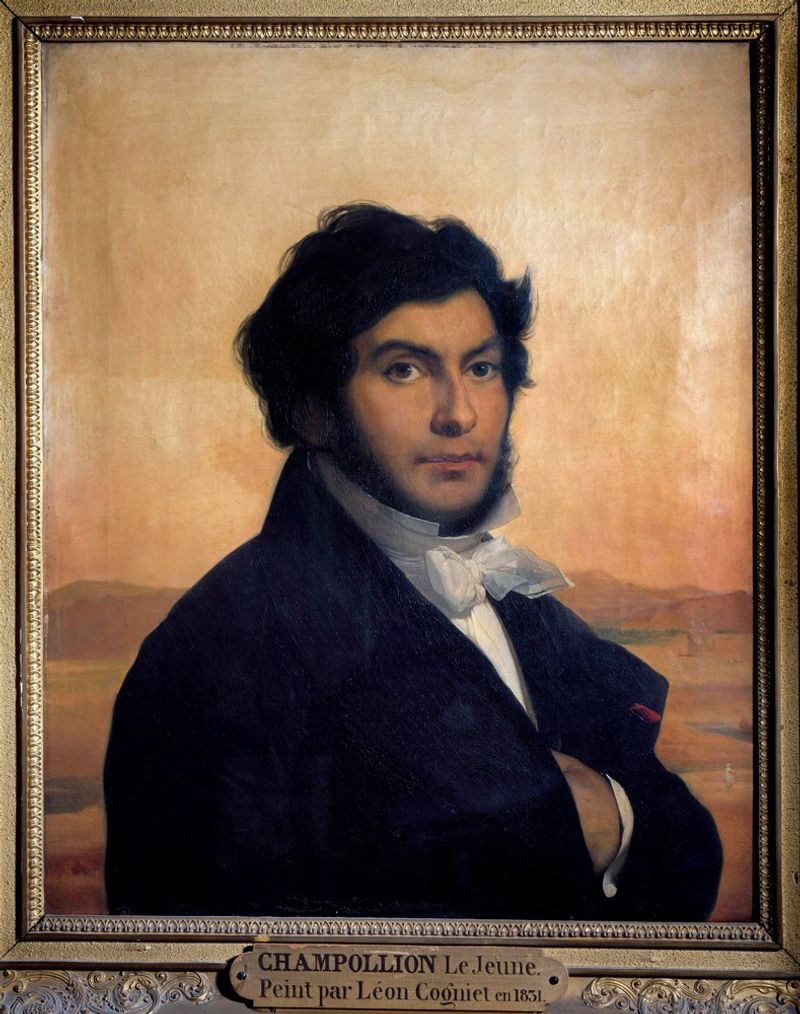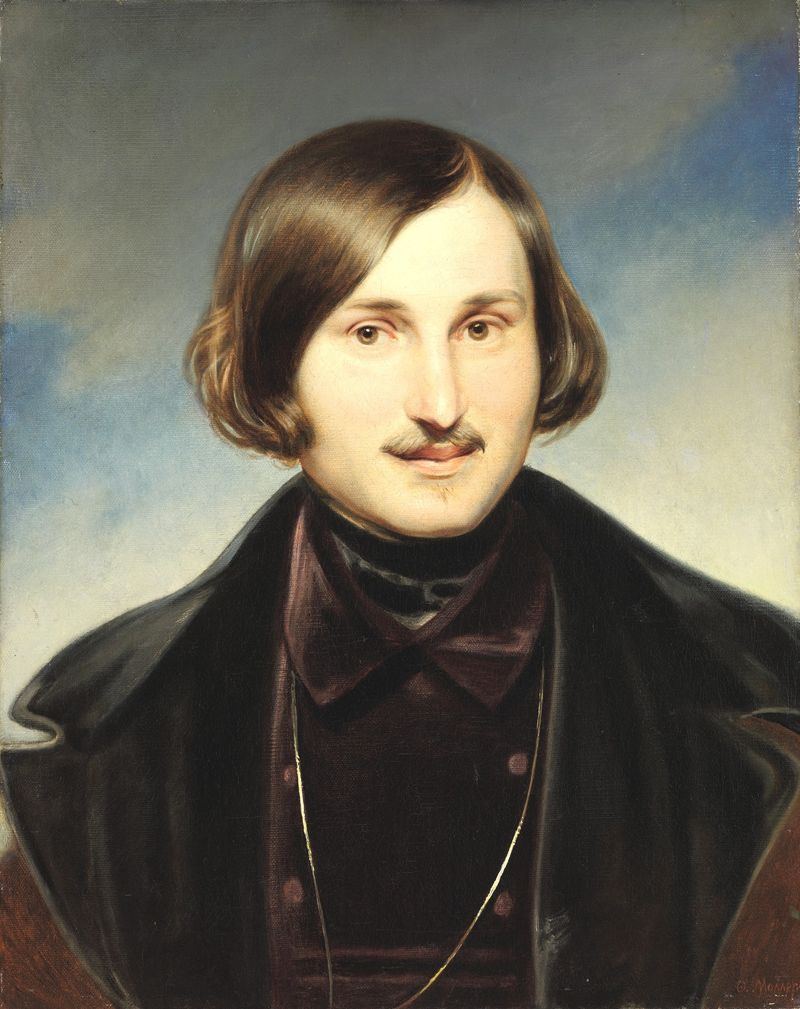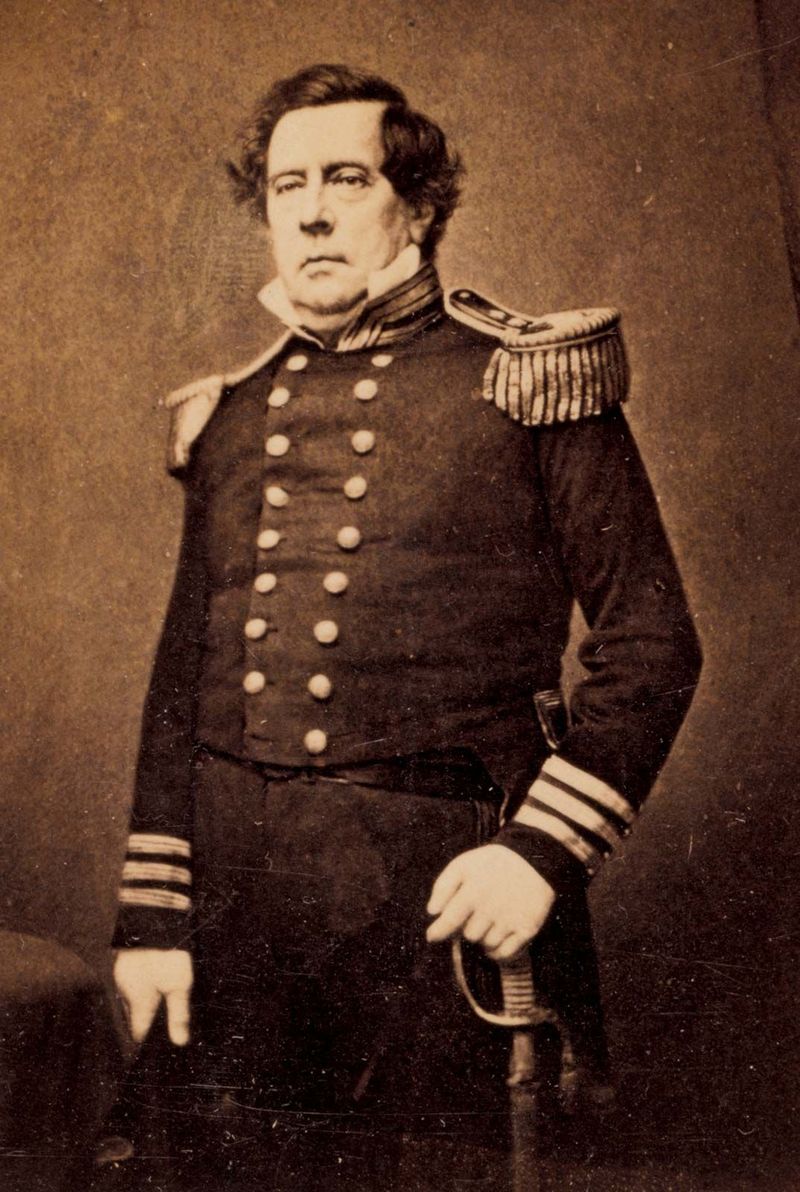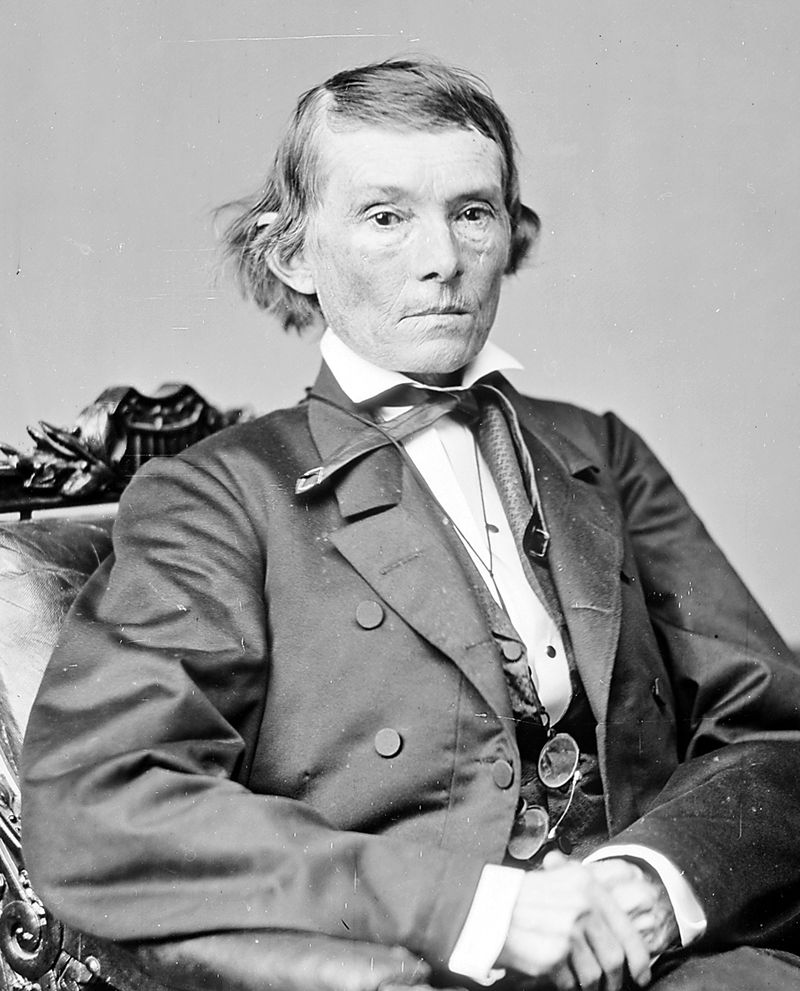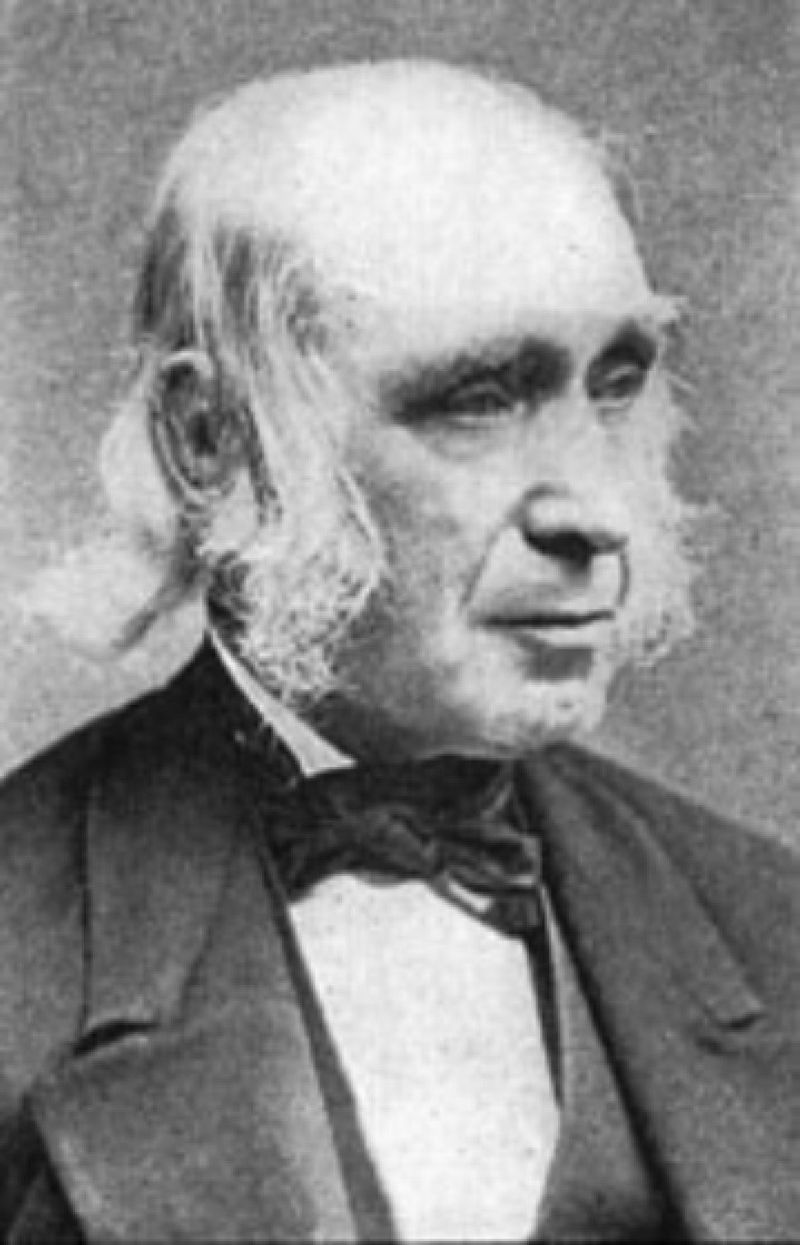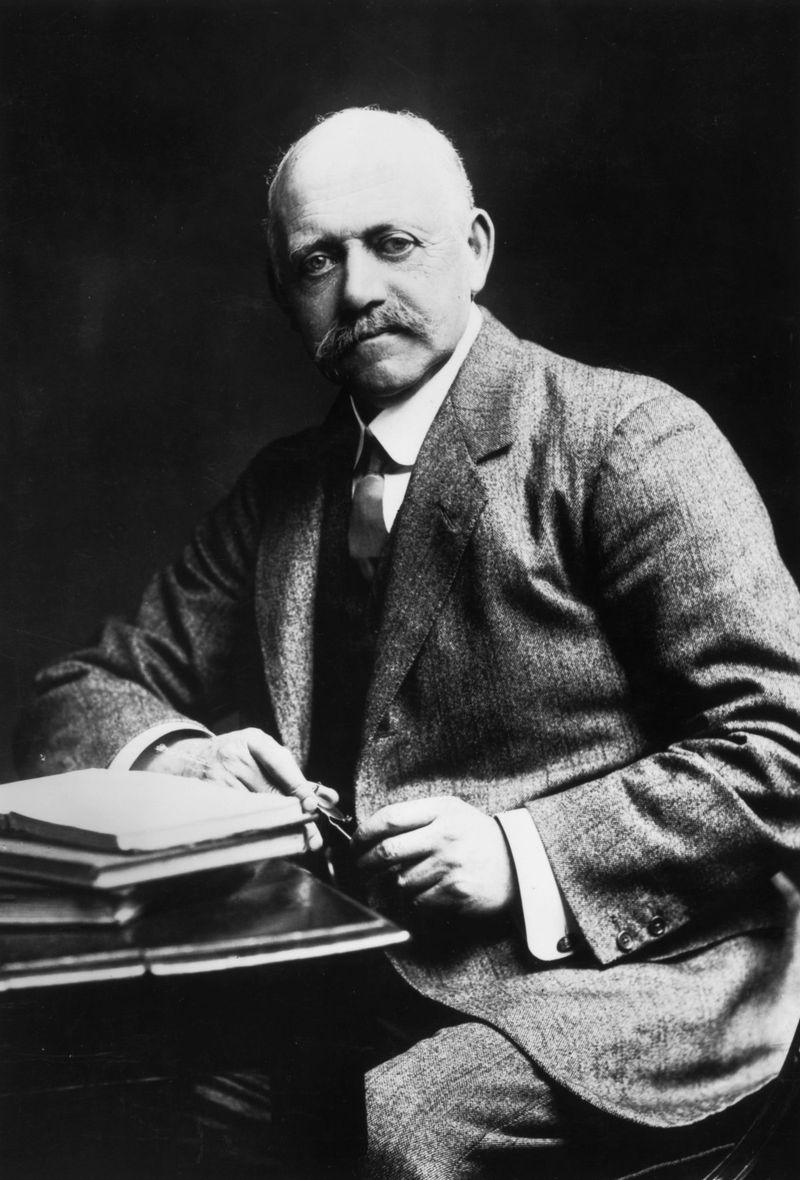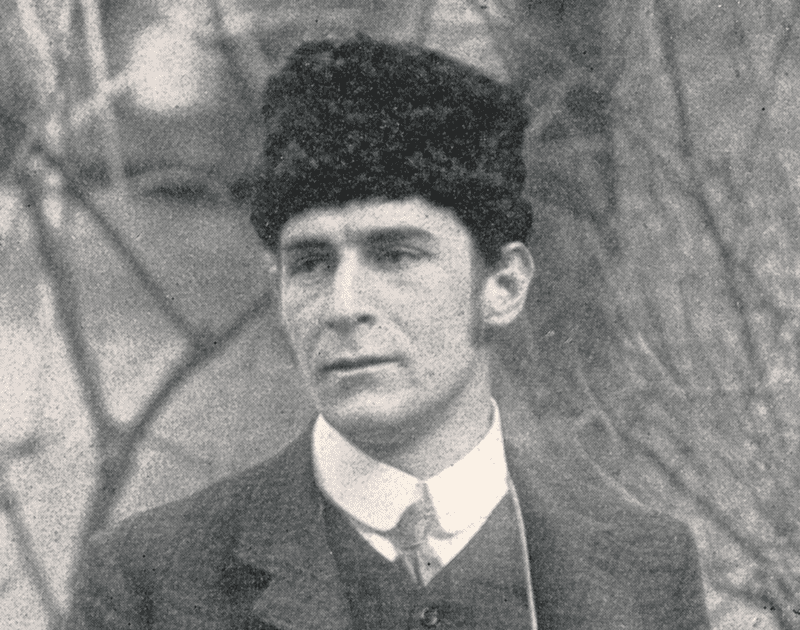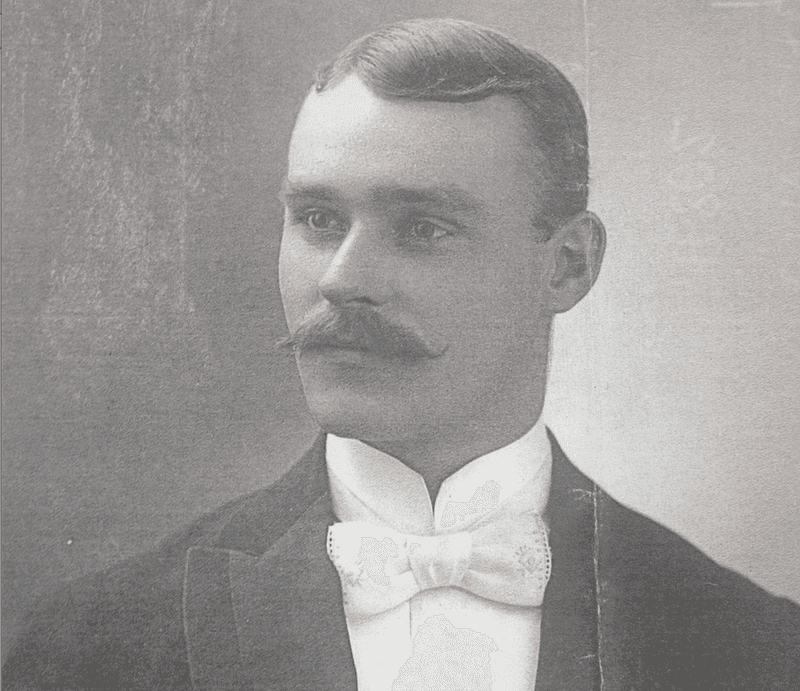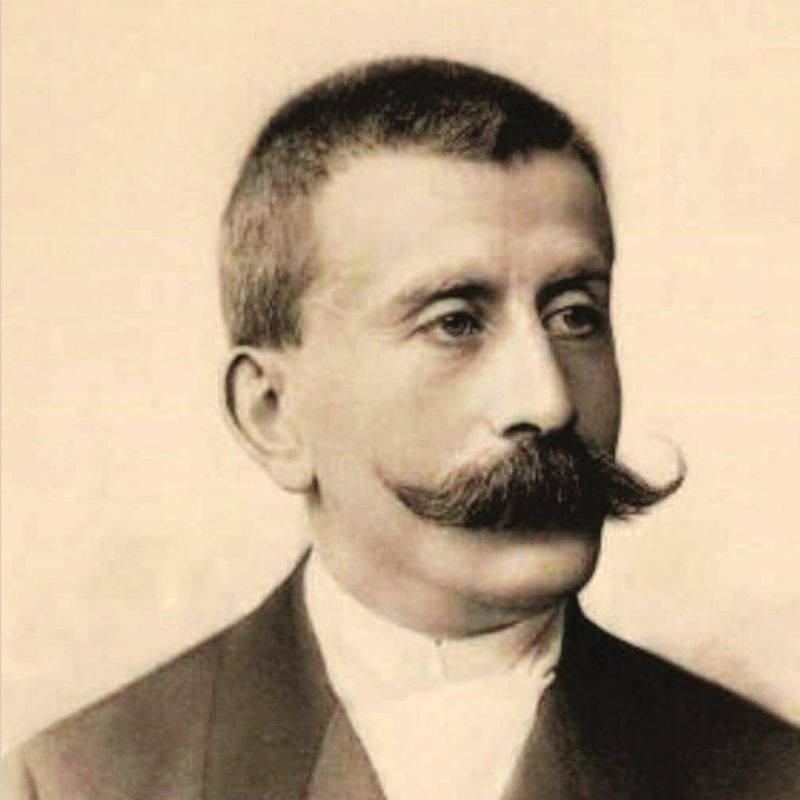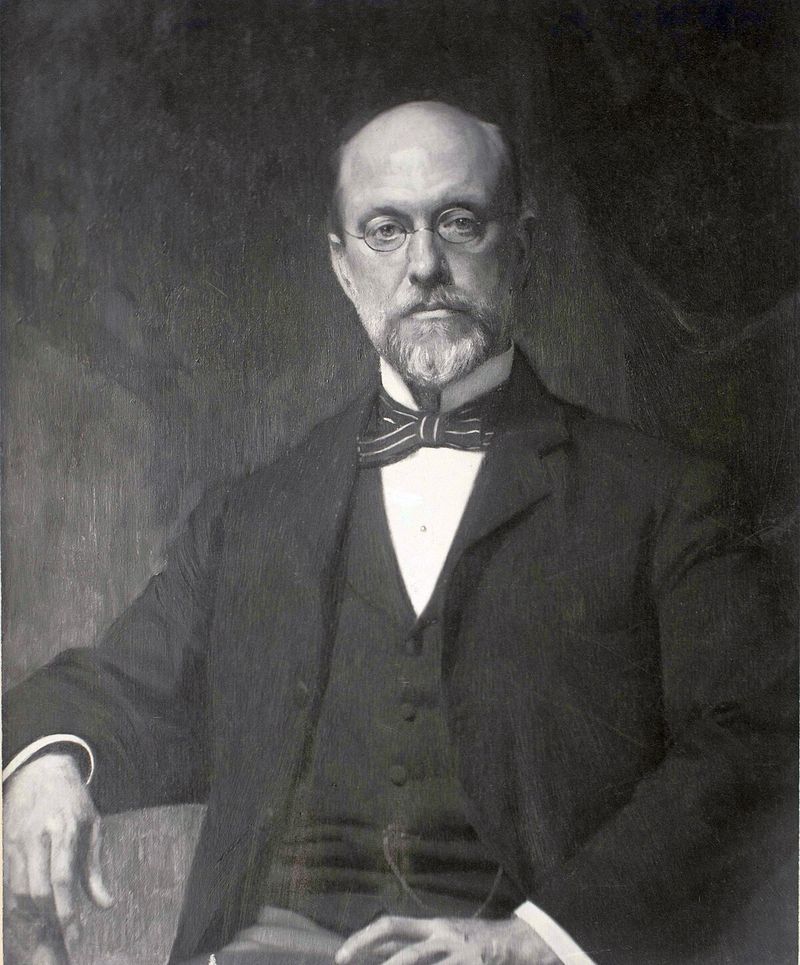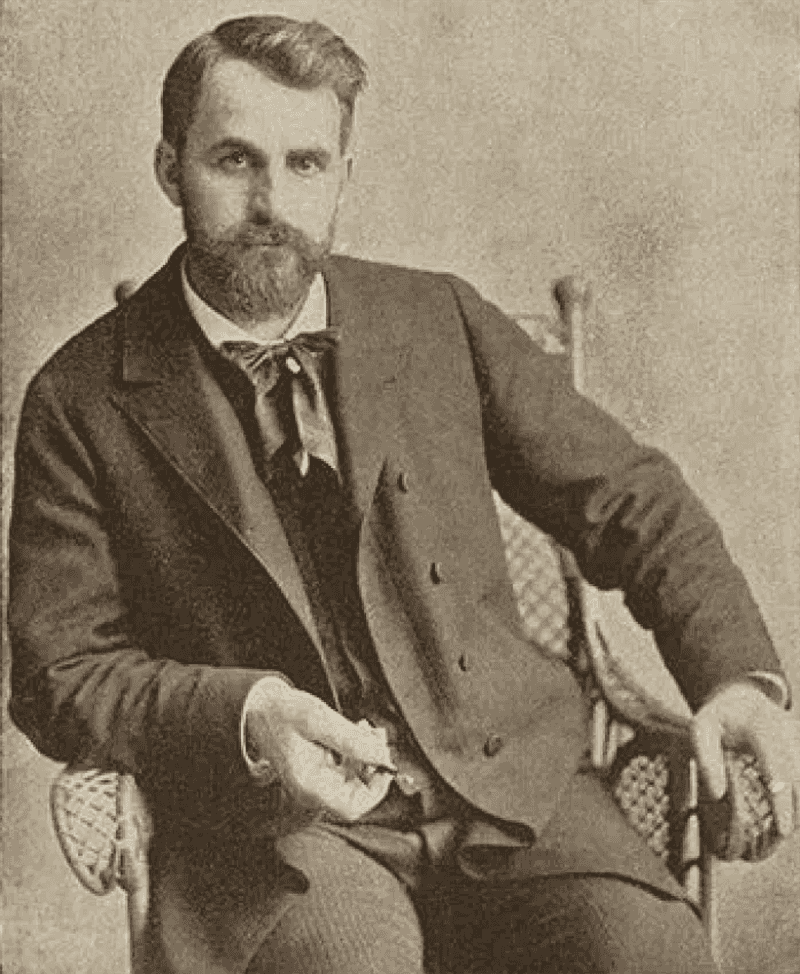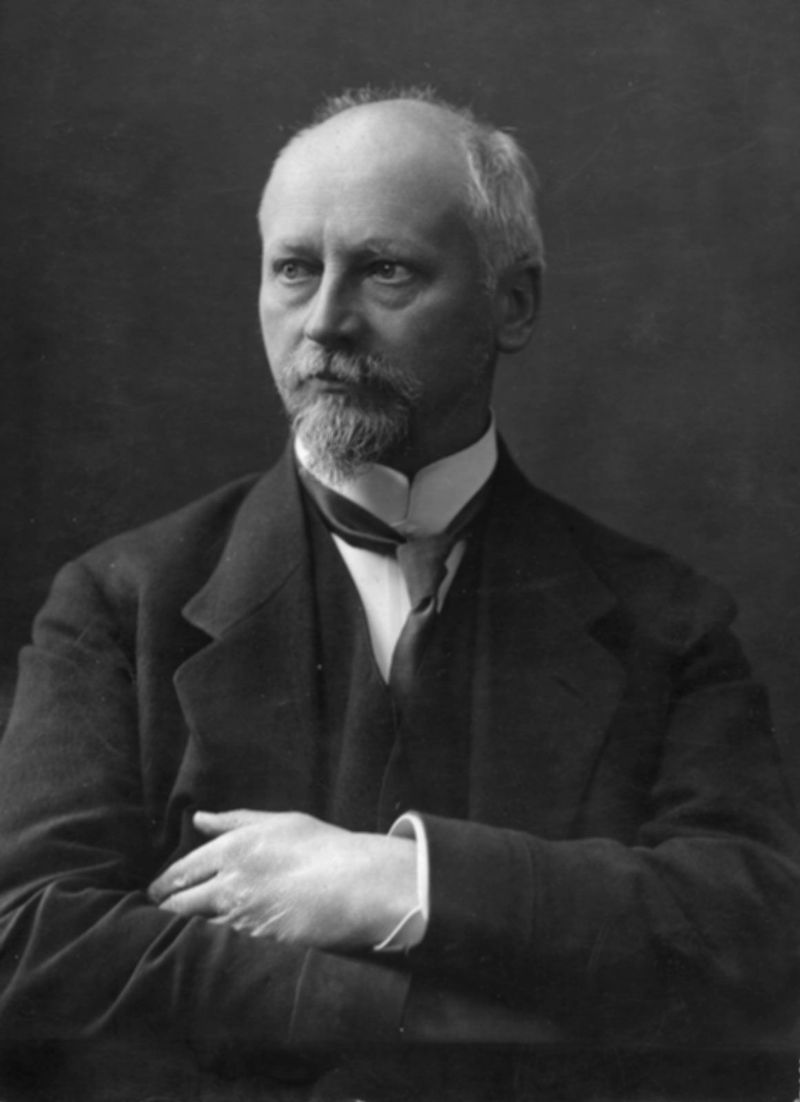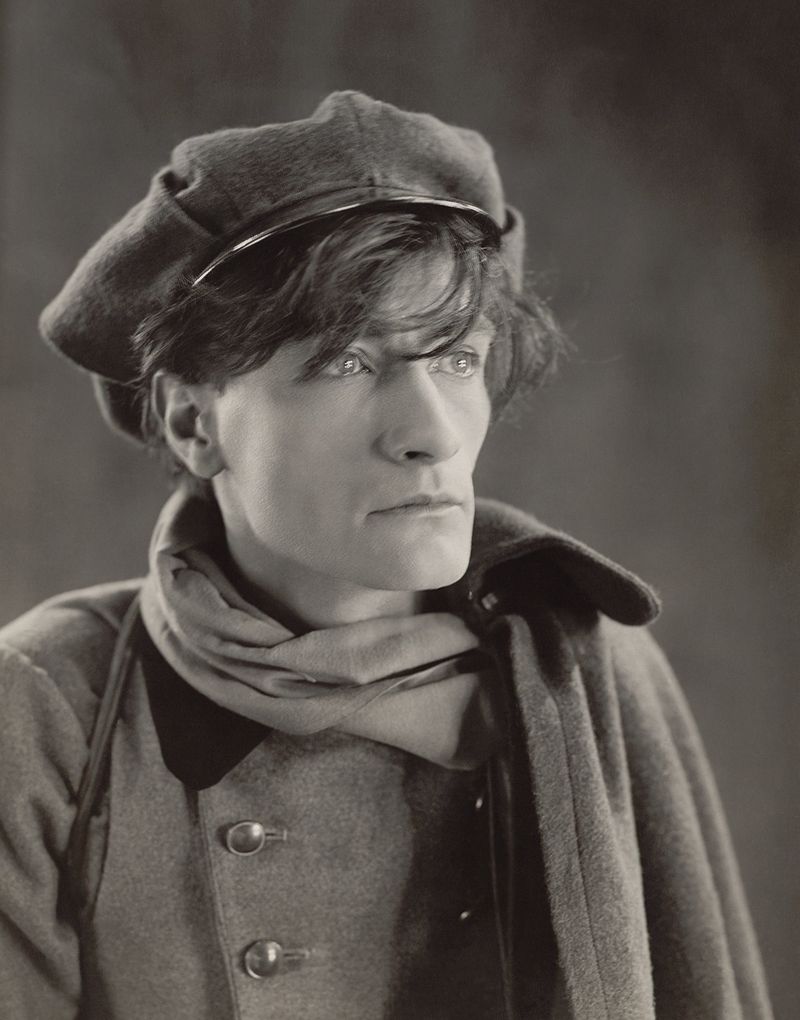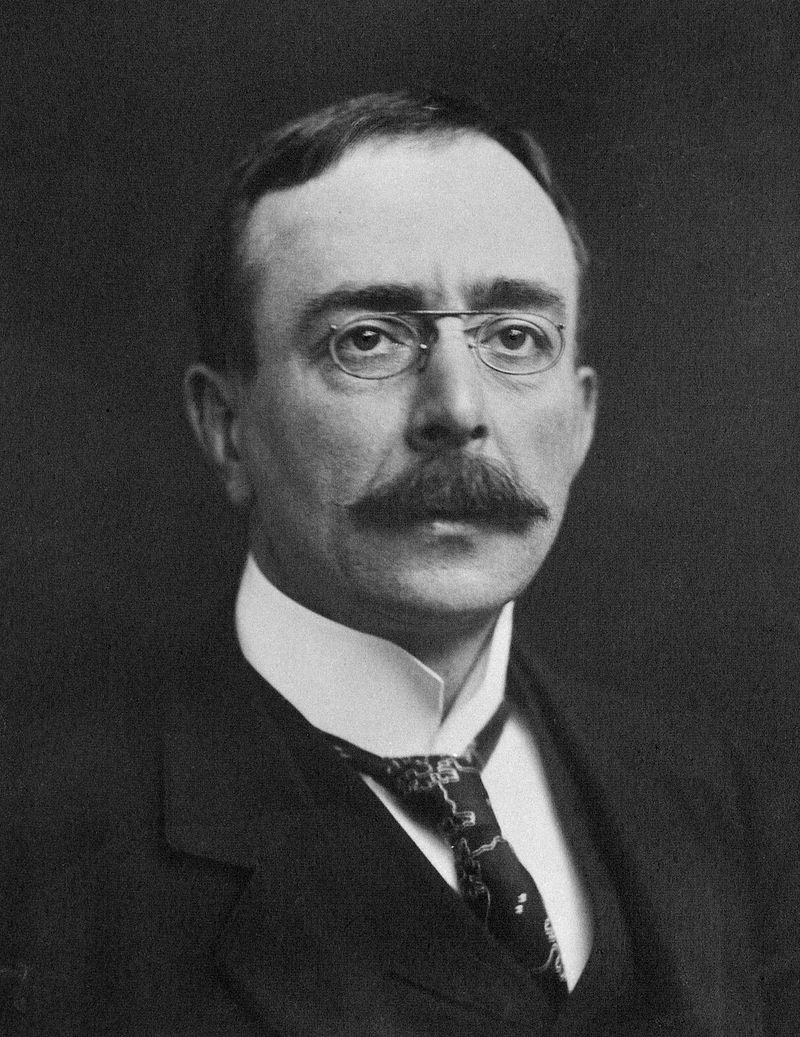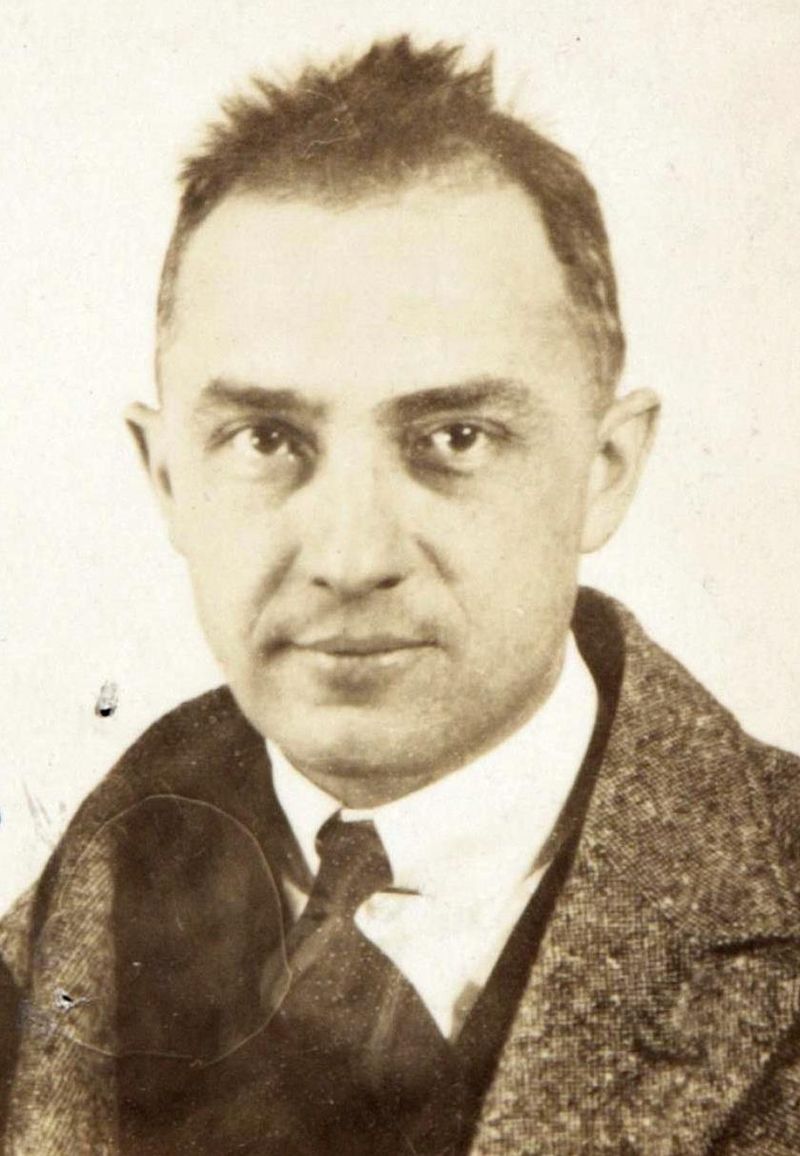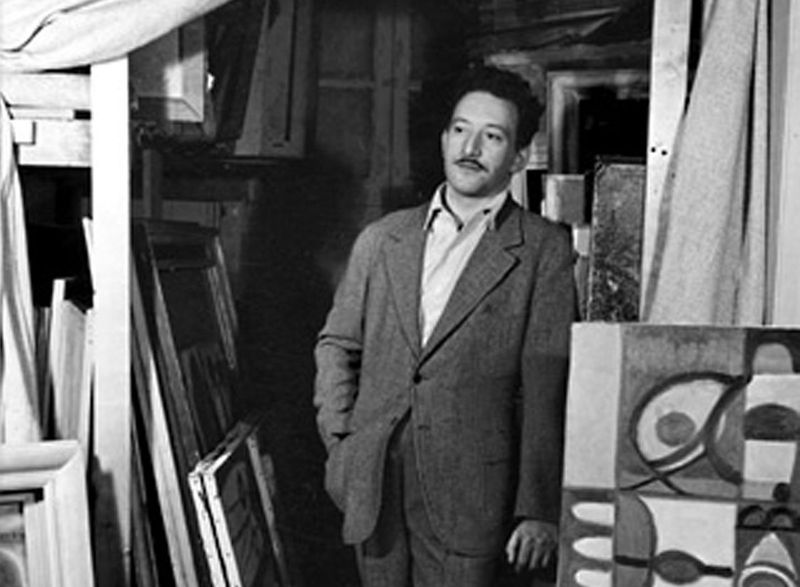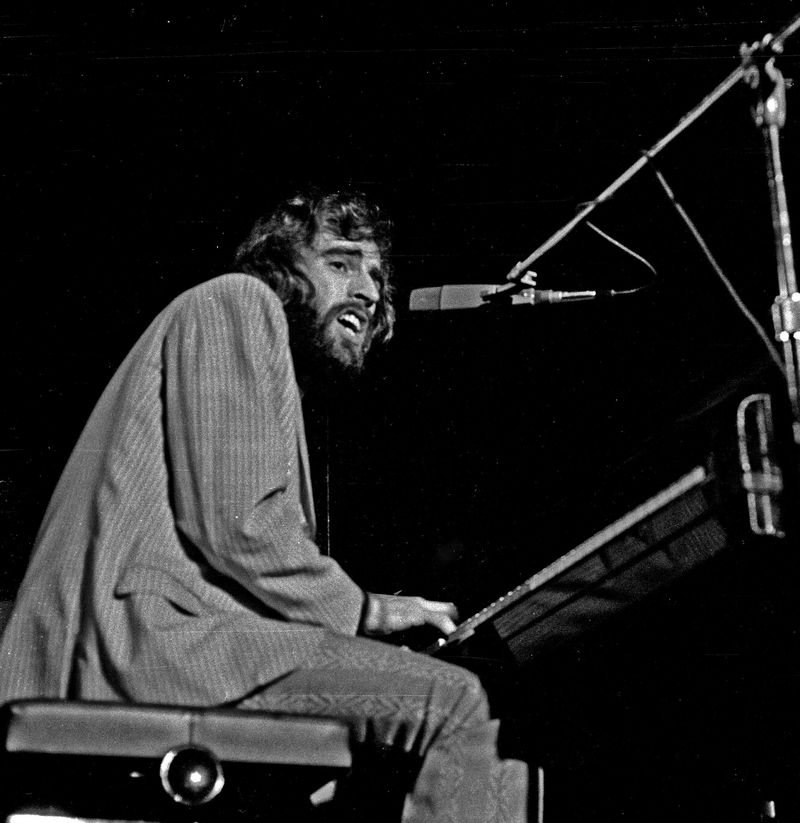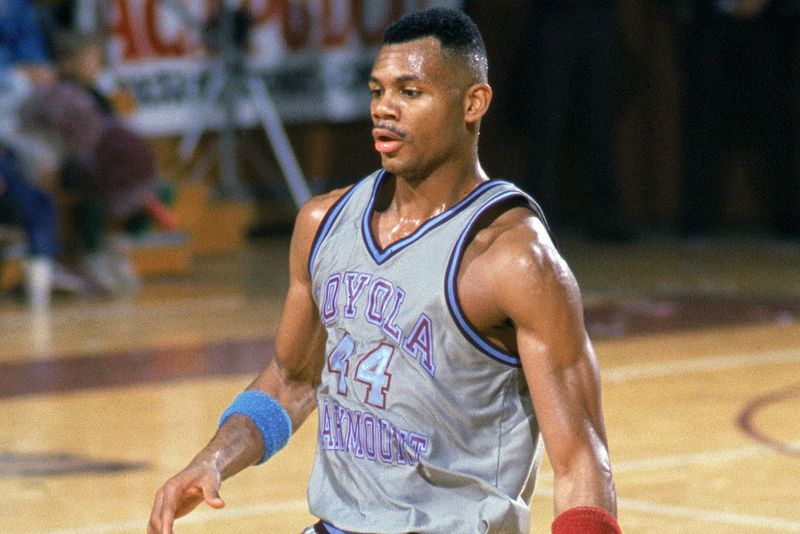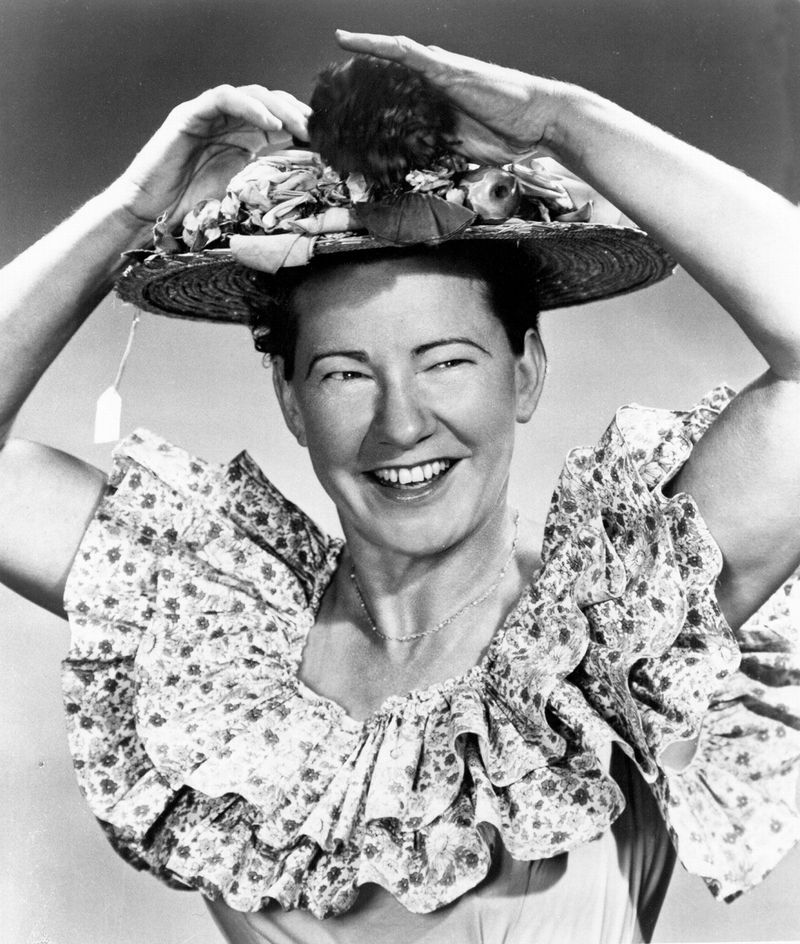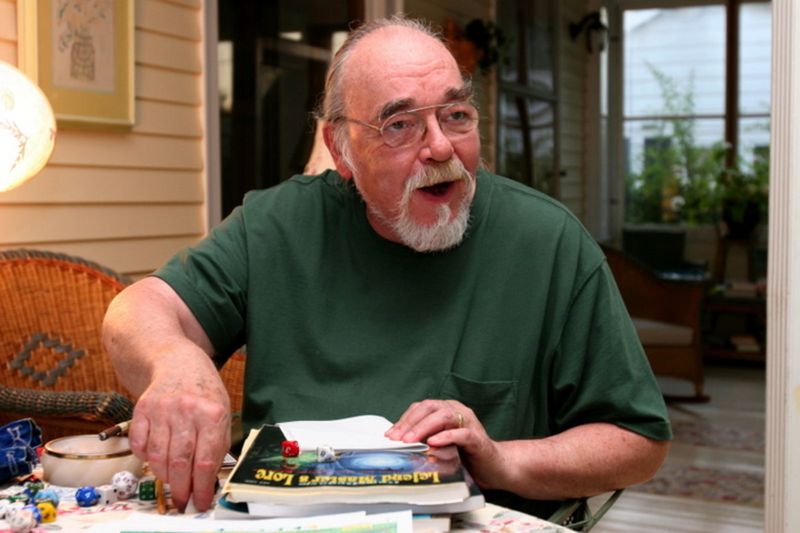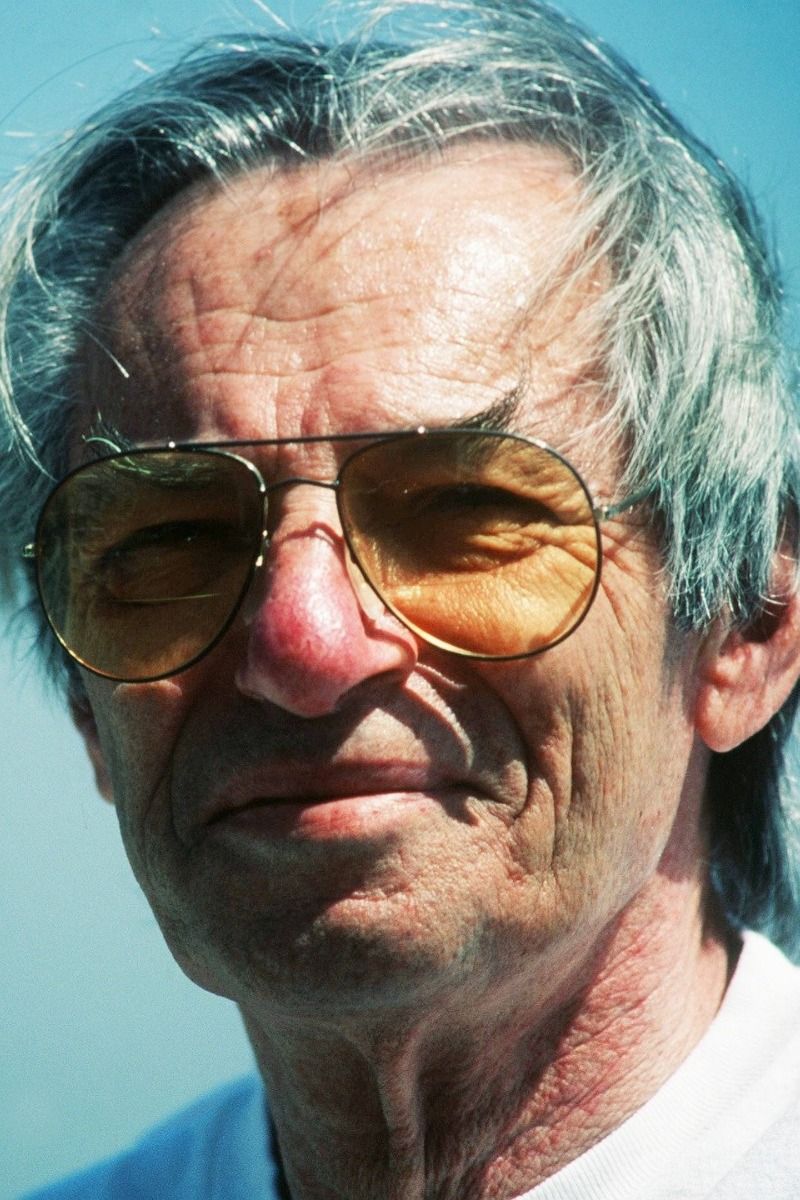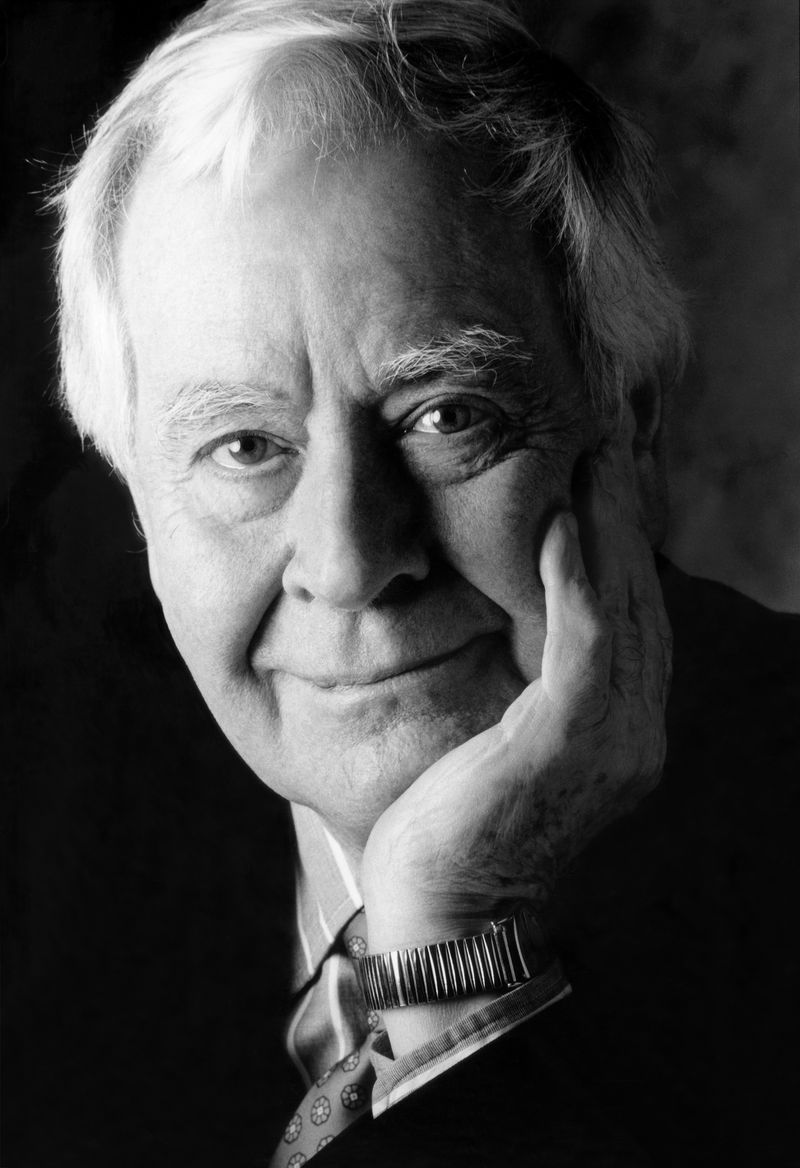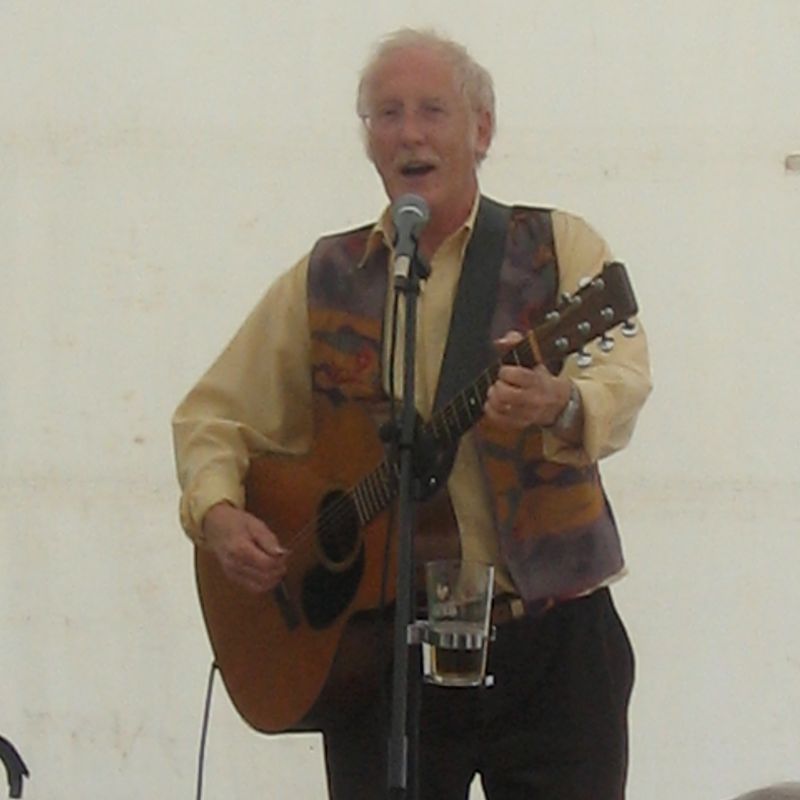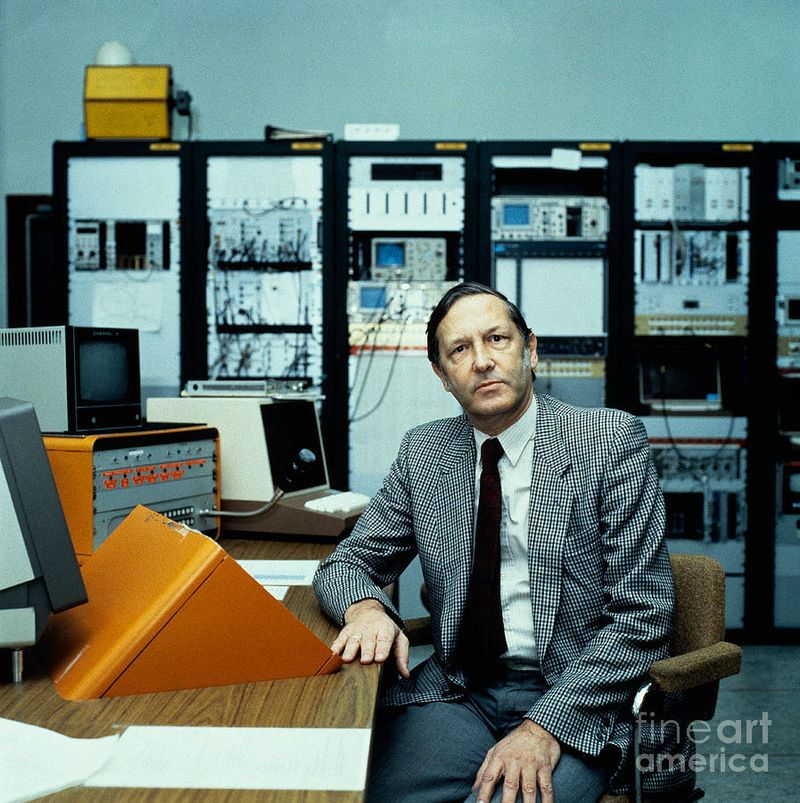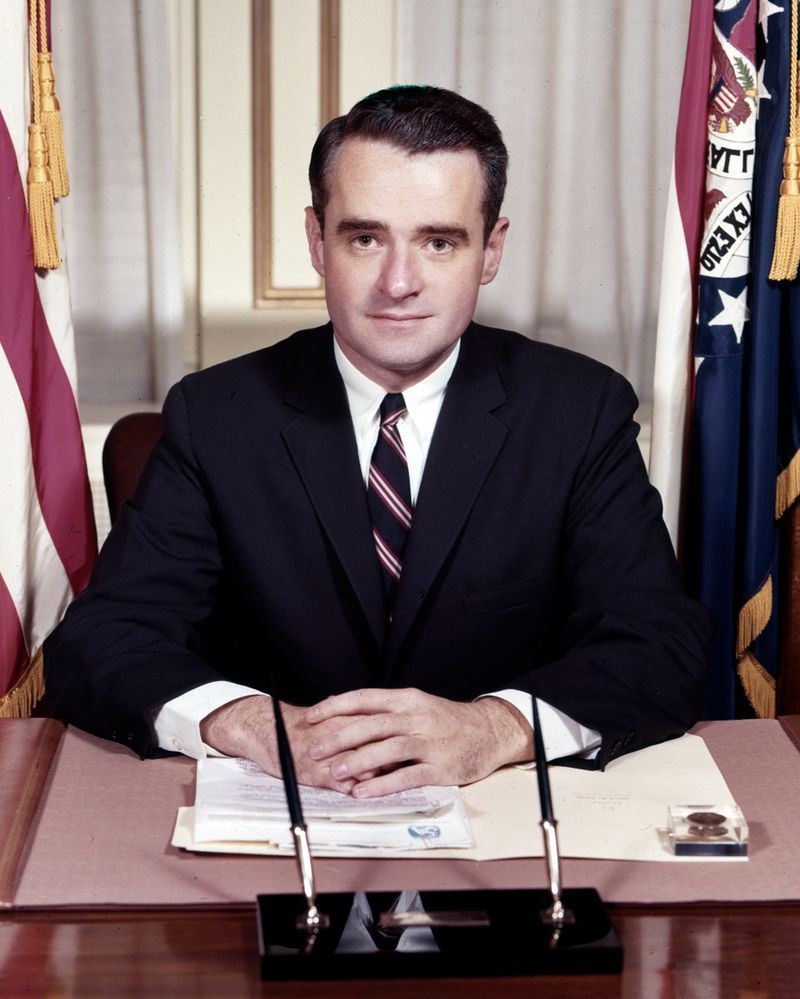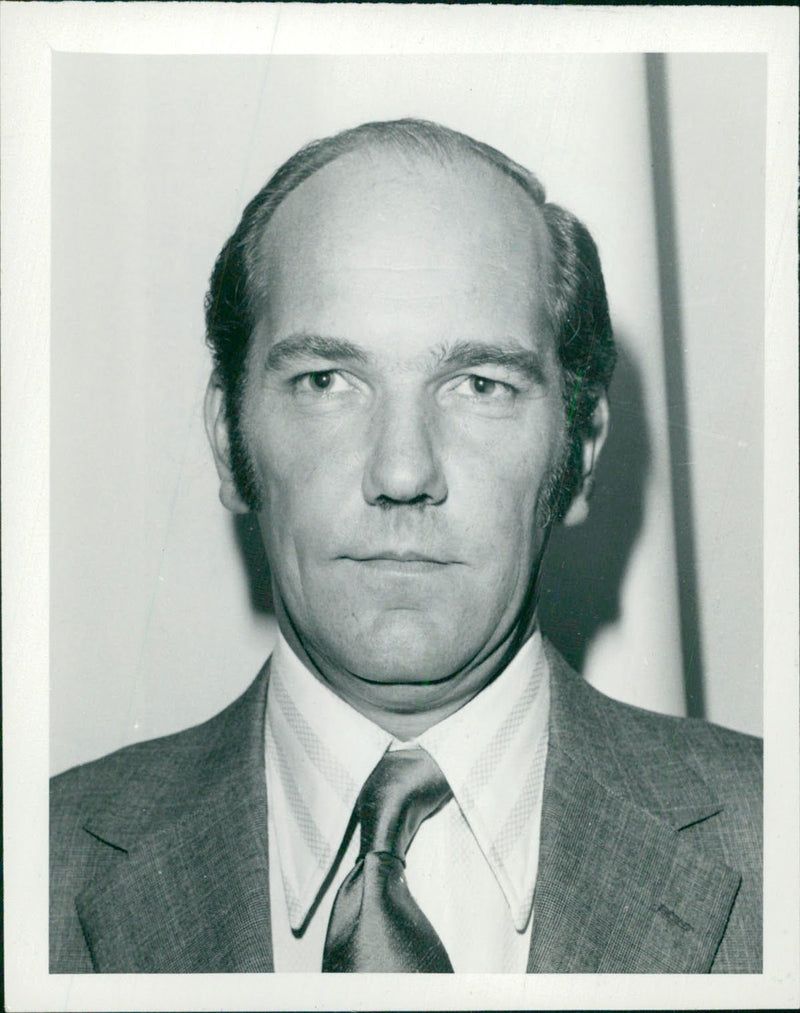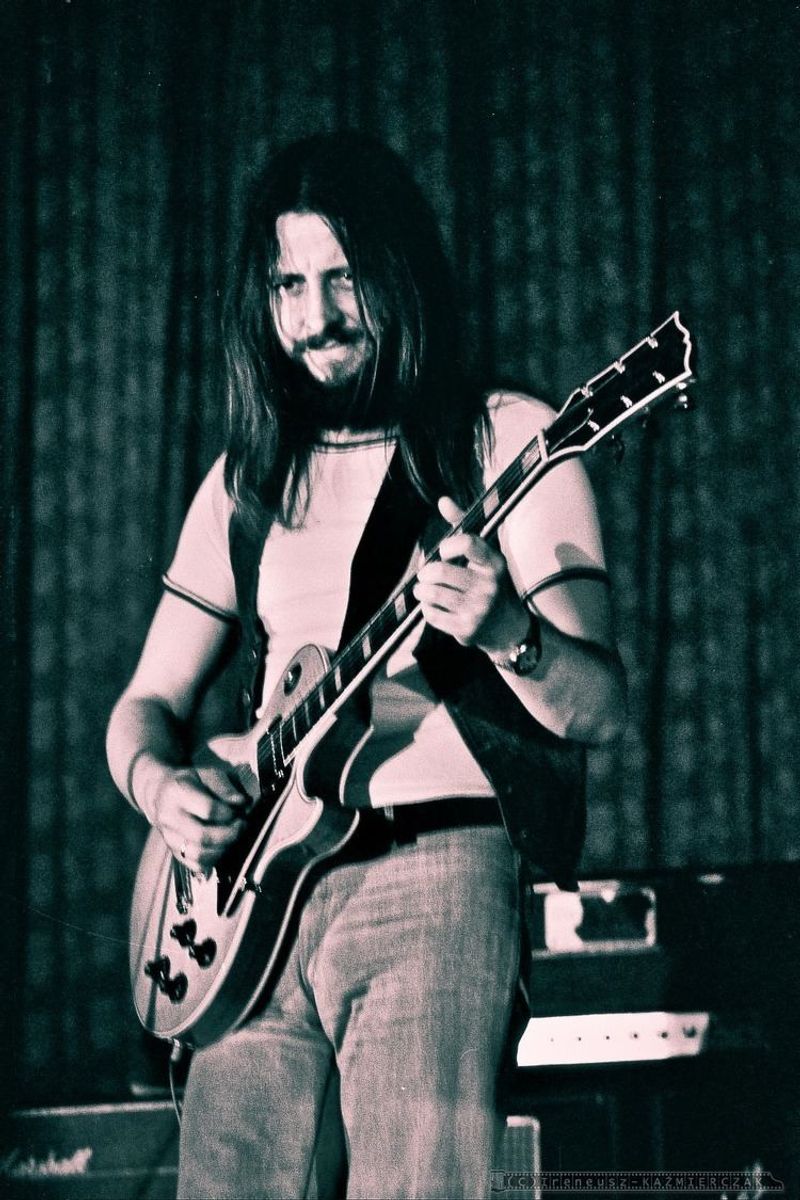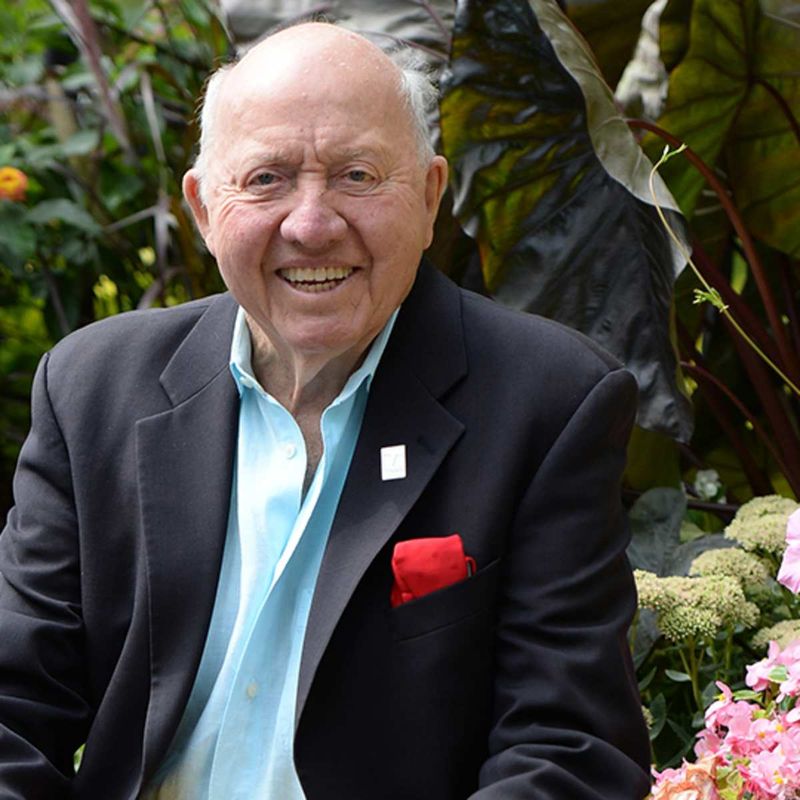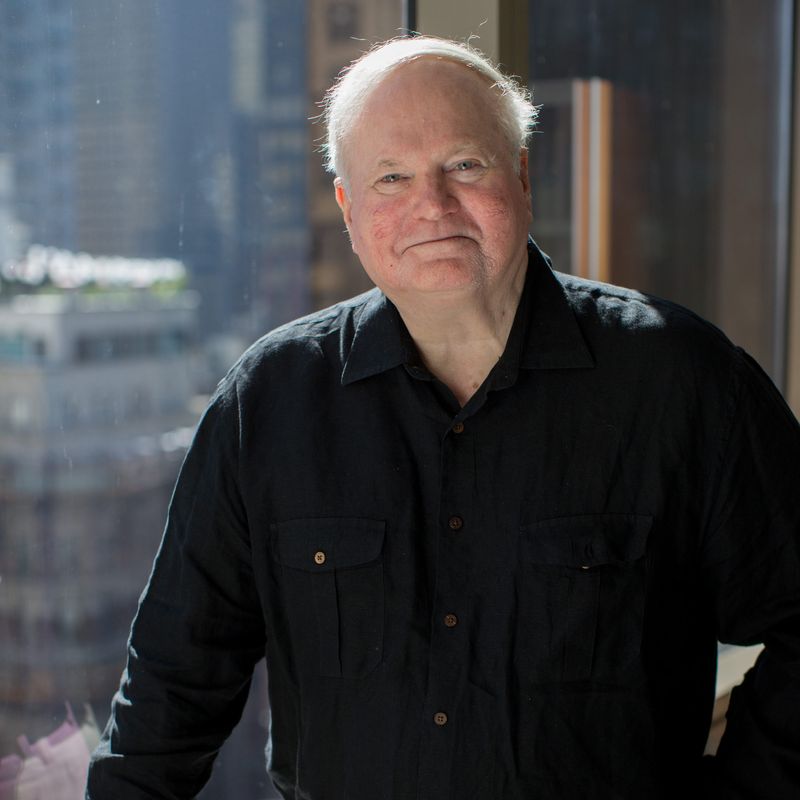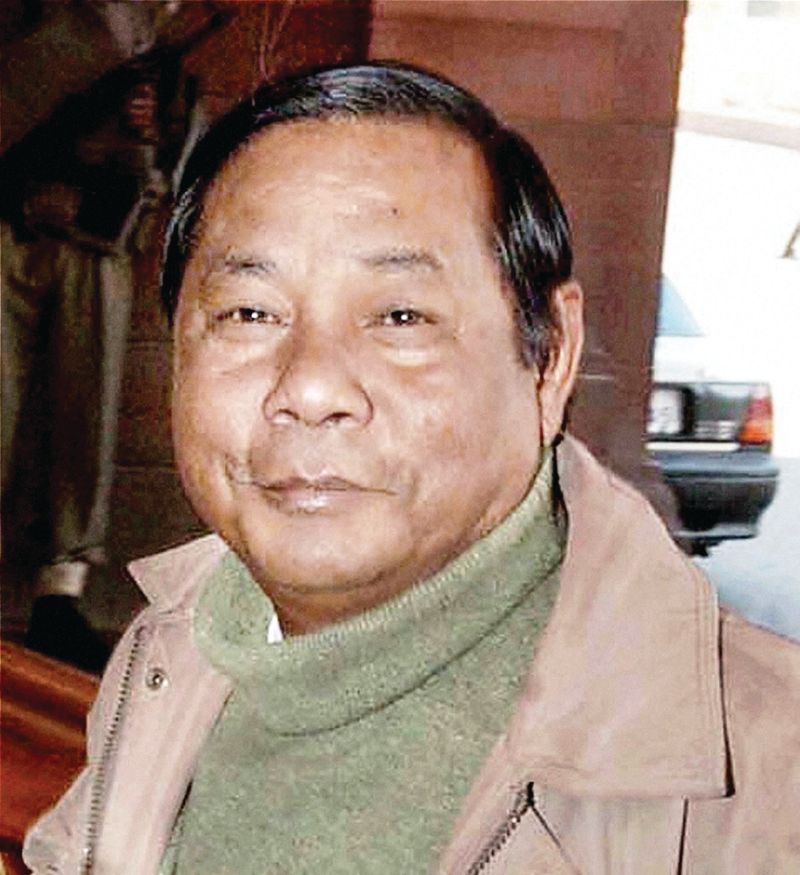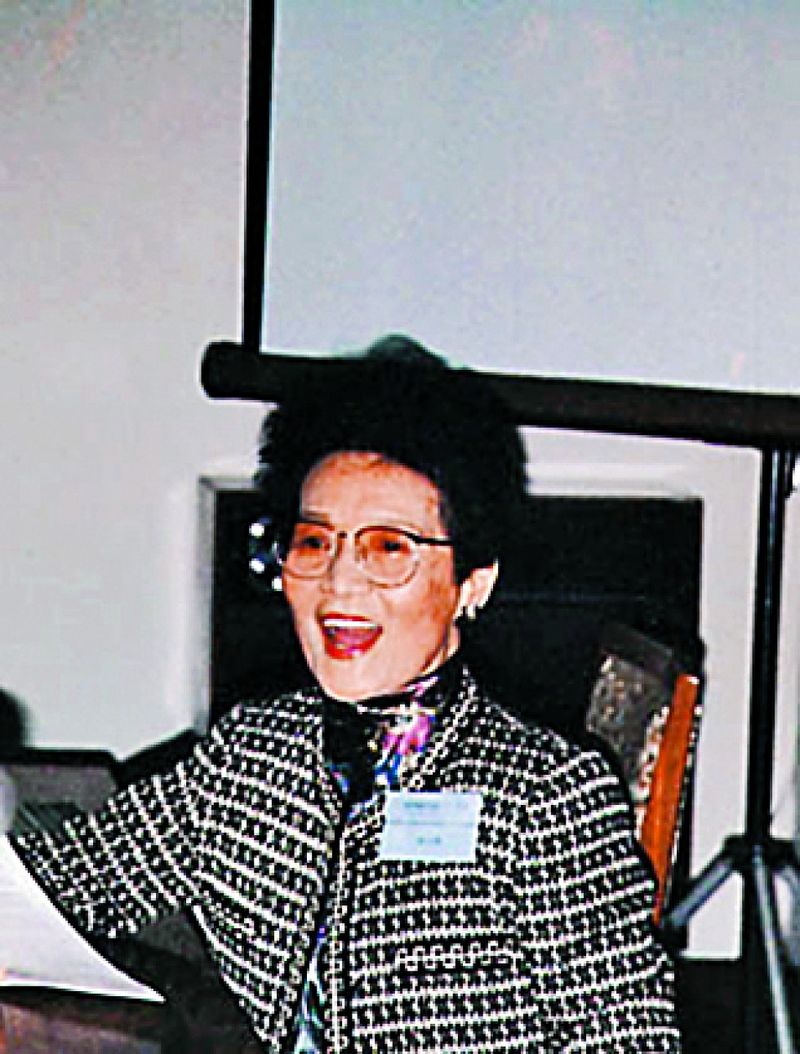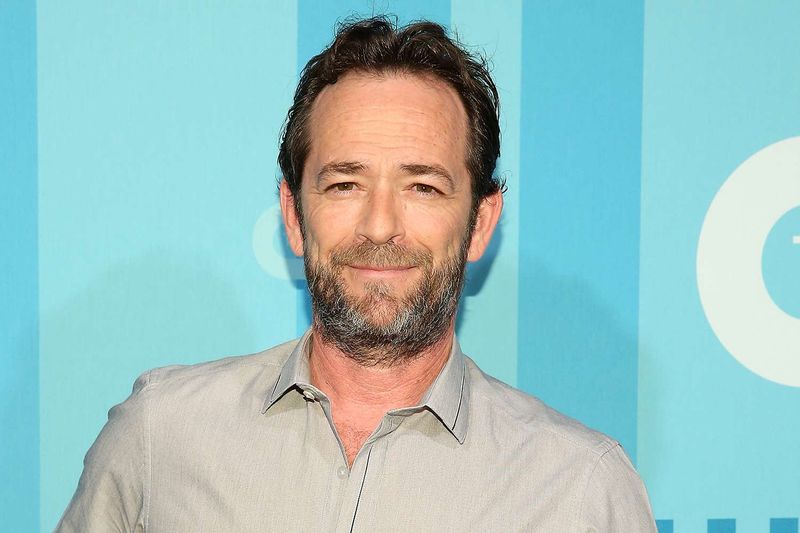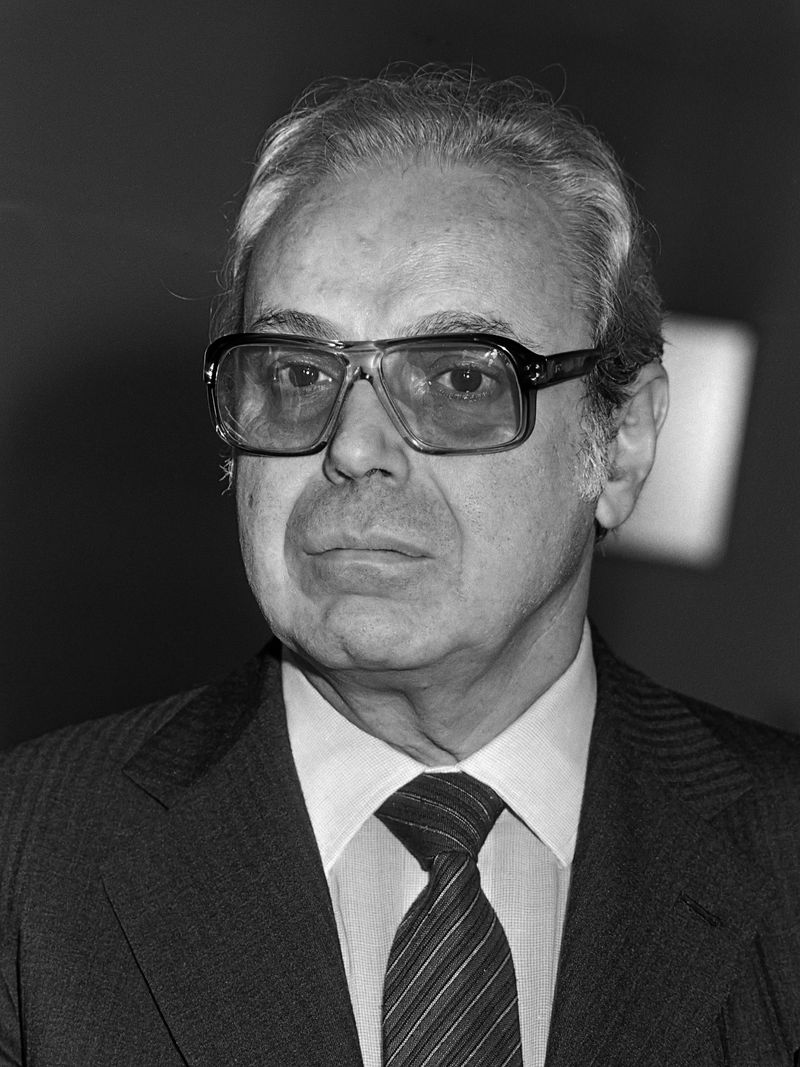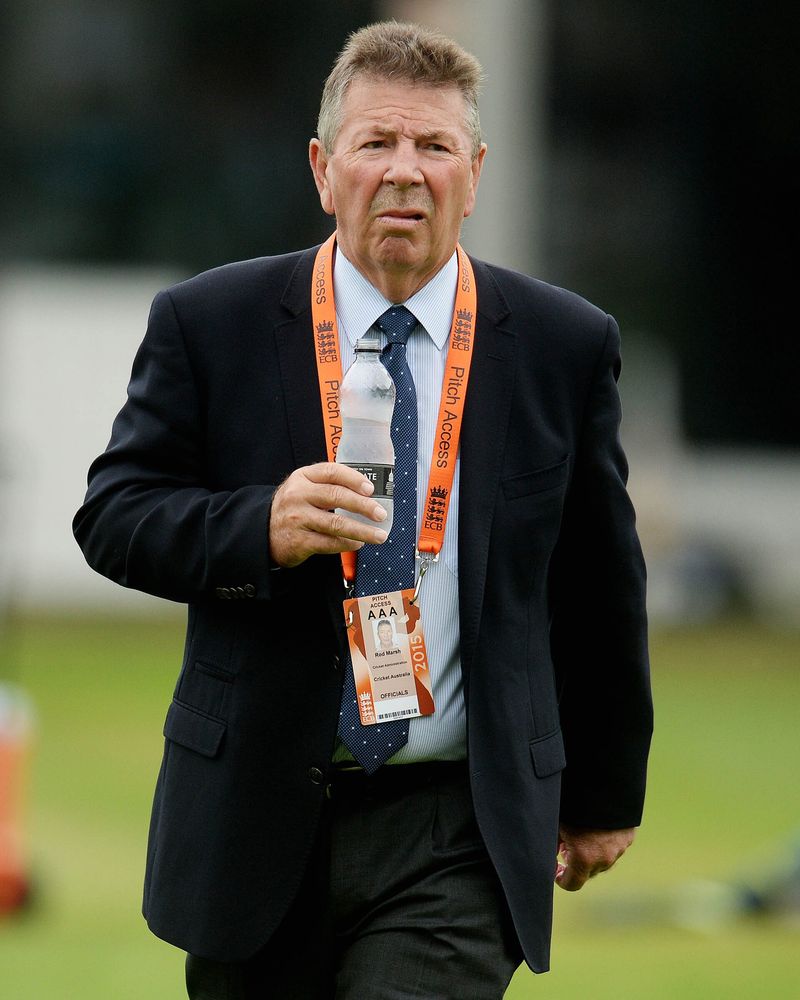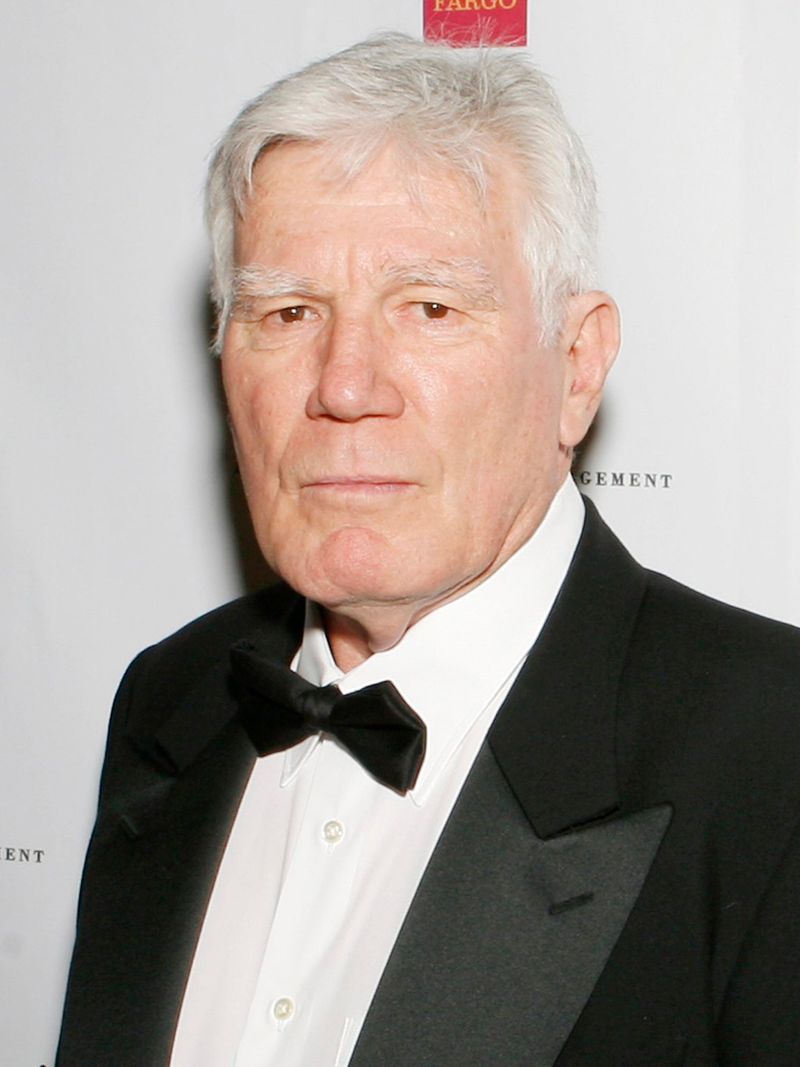Throughout history, March 4th has marked the end of life for many influential figures whose legacies continue to shape our world. This blog post delves into the lives and contributions of 44 renowned individuals who passed away on this date.
Each of these personalities left behind a unique imprint, whether in the fields of politics, arts, sciences, or entertainment.
From ancient leaders to modern icons, their stories are a testament to human endeavor and achievement. Join us as we explore the fascinating legacies of these remarkable people.
1. Pelagius I, Pope, 561
Pope Pelagius I served as the Bishop of Rome from 556 until his death in 561. His reign was marked by attempts to restore church unity amidst doctrinal disputes. Pelagius faced challenges due to the aftermath of the Gothic War, which left Rome’s infrastructure in ruins.
Despite these challenges, he worked diligently to rebuild and organize church properties and advocated for influential theological positions.
Pelagius is remembered for his efforts to strengthen the church’s administrative foundations and for navigating the complexities of early medieval ecclesiastical politics. His leadership set precedents for future papacies.
2. Saladin, Sultan and Military Leader, 1193
Saladin, born Salah ad-Din Yusuf ibn Ayyub, was a pivotal figure in the Crusades. As the first Sultan of Egypt and Syria, he founded the Ayyubid dynasty and united Muslim forces against the Crusaders.
Saladin is perhaps best known for recapturing Jerusalem in 1187, a momentous event that shifted the balance in the Holy Land.
His chivalric qualities and humane treatment of foes earned him respect from both Muslims and Christians. The legacy of Saladin endures in the Middle East as a symbol of leadership and unity.
His life continues to inspire historical and cultural narratives.
3. Fausto Sozzini, Theologian, 1604
Fausto Sozzini, an Italian theologian, was a central figure in the development of nontrinitarian Christian thought. His theological positions challenged mainstream doctrines, emphasizing rational inquiry and scriptural interpretation. Sozzini’s most influential work was the “Socinianism,” which laid the groundwork for the Unitarian movement. His ideas spread throughout Europe, particularly influencing Polish brethren and challenging the dominant Catholic and Protestant views. Sozzini’s legacy lies in his commitment to faith through reason and dialogue, shaping modern liberal Christian theology and fostering religious tolerance and intellectual freedom.
4. Hans von Aachen, Painter, 1615
Hans von Aachen was a German painter renowned for his influence on late Renaissance art. He worked across Europe, creating portraits and religious scenes that displayed his distinctive blend of Mannerist and early Baroque styles. His service to Emperor Rudolf II at the Prague court situated him among the leading artists of his time. Von Aachen’s art often reflected allegorical themes, capturing the intellectual trends of his era. His legacy endures through his contributions to courtly art and his role in the cultural exchange between Italy and Northern Europe, enriching the artistic traditions of his time.
5. Claude de Forbin, Admiral, 1733
Claude de Forbin was a celebrated French naval officer whose exploits are legendary in maritime history. He served as an admiral, showcasing exceptional strategic skills and bravery in numerous naval battles. Forbin’s adventures extended beyond Europe as he participated in various international missions, including serving the Siamese king as an advisor. His memoirs, detailing his adventures, are considered classic accounts of seafaring life in the 17th century. Forbin’s legacy is marked by his contribution to naval strategy and his adventurous spirit that captured the imagination of maritime enthusiasts.
6. Abraham Baldwin, Founding Father and Politician, 1807
Abraham Baldwin was a key figure in the founding of the United States. As a politician and a founding father, Baldwin played a crucial role in drafting the U.S. Constitution and fostering education in the new nation. He founded the University of Georgia, emphasizing the importance of education in a democratic society. Baldwin’s vision for a strong national government helped shape the federal structure of the U.S. His legacy continues through his contributions to American governance and his commitment to education, which laid the groundwork for future generations of American leaders.
7. Jean-François Champollion, Egyptologist, 1832
Jean-François Champollion was a groundbreaking French scholar primarily known for cracking the code of Egyptian hieroglyphs. His deep linguistic knowledge enabled him to decipher the Rosetta Stone, revolutionizing Egyptology.
Champollion’s work unlocked the mysteries of ancient Egypt, allowing historians to access thousands of years of history and culture that had been lost to time.
His contributions laid the foundation for modern Egyptology and opened avenues for further archaeological exploration.
His legacy is enshrined in his role as a pioneer who bridged the ancient and modern worlds through language.
8. Nikolai Gogol, Writer, 1852
Nikolai Gogol was a seminal Russian writer whose works have left an indelible mark on literature. Known for his unique narrative style and satirical edge, Gogol’s stories delved into Russian society’s complexities. His famous works, such as “Dead Souls” and “The Overcoat,” combine humor with profound social commentary. Gogol’s influence extends beyond Russia, inspiring countless writers and contributing to literary realism and modernism. Gogol’s legacy is celebrated through his storytelling’s timelessness, capturing the human condition’s intricacies and influencing literary traditions worldwide.
9. Matthew C. Perry, Naval Officer, 1858
Matthew C. Perry was a significant figure in U.S. naval history, best known for opening Japan to the West with the Convention of Kanagawa in 1854. His diplomatic missions helped end Japan’s isolationist policy. Perry’s efforts facilitated cultural and economic exchanges between the East and West, marking a turning point in international relations. His leadership in modernizing the U.S. Navy also set standards for future naval advancements. Perry’s legacy lies in his pioneering role in global diplomacy and maritime strategy, influencing international trade and cultural exchange.
10. Alexander H. Stephens, Politician, 1883
Alexander H. Stephens was a prominent American politician who served as the Vice President of the Confederate States during the American Civil War. Known for his influential “Cornerstone Speech,” Stephens was a complex figure in Southern politics. Despite his Confederate association, he later served as Georgia’s governor and U.S. Congressman, advocating for reconciliation and rebuilding after the war. His nuanced political career reflected the tensions and transformations of his time. Stephens’ legacy is a testament to the complexities of American history and the challenges of reconciliation in a divided nation.
11. Amos Bronson Alcott, Educator and Philosopher, 1888
Amos Bronson Alcott was a pioneering educator and philosopher who advocated for progressive education and transcendentalist philosophies. As a member of the Transcendental Club, he interacted with notable figures like Emerson and Thoreau. Alcott founded innovative schools that emphasized critical thinking and dialogue, challenging traditional educational methods. His efforts to promote coeducational and integrated learning environments were ahead of his time. His legacy lives on through his writings and educational reforms, influencing modern educational practices and the transcendentalist movement’s intellectual heritage.
12. William Willett, Inventor, 1915
William Willett was an English builder and inventor best known for his campaign to establish daylight saving time. He proposed this idea to make better use of daylight and conserve energy. While Willett did not live to see his idea implemented, his advocacy laid the groundwork for the eventual adoption of daylight saving time in several countries. His vision aimed to improve public health and productivity by aligning waking hours with daylight. Willett’s legacy endures in the widespread practice of daylight saving time, reflecting his innovative approach to time management and energy conservation.
13. Franz Marc, Painter, 1916
Franz Marc was a German painter and a key figure in the Expressionist movement. Known for his striking use of color and abstract forms, Marc often depicted animals as symbols of purity and spirituality. His contributions to “Der Blaue Reiter,” an influential group of artists, were crucial in pushing the boundaries of modern art. Marc’s works reflect a profound connection to nature and a quest for transcendence through art. Though his life was cut short by World War I, his legacy persists in his innovative artistic vision and influence on Expressionism.
14. John Montgomery Ward, Baseball Player and Manager, 1925
John Montgomery Ward was a pioneering figure in American baseball as a talented player, manager, and advocate for players’ rights. Known for his versatility, he excelled both as a pitcher and a shortstop. Ward’s most significant legacy was founding the first professional sports players’ union, challenging the reserve clause and championing players’ rights. His efforts laid the groundwork for modern sports labor relations. His impact on baseball extends beyond his playing career, influencing the sport’s business and legal landscape, ensuring fair treatment and opportunities for future athletes.
15. Moritz Moszkowski, Composer and Pianist, 1925
Moritz Moszkowski was a Polish-German composer and pianist celebrated for his virtuosic piano compositions. His works, known for their melodious charm and technical brilliance, became staples in the repertoire of pianists. Moszkowski’s influence extended beyond performance; he was a respected teacher whose students included promising musicians of his era. His compositions continue to delight audiences and challenge pianists with their intricate arrangements. His legacy thrives in the world of classical music, where his compositions are cherished for their elegance and emotional depth, reflecting the romantic spirit of his time.
16. Ira Remsen, Chemist, 1927
Ira Remsen was an influential American chemist and educator, known for his advancements in chemical research and education. As co-discoverer of saccharin, his work significantly impacted food science and industry. Remsen served as the second president of Johns Hopkins University, where he fostered a spirit of rigorous scientific inquiry and research. His leadership helped establish the university as a leading institution for scientific study. His legacy is reflected in his contributions to the growth of American science and education, inspiring future generations of chemists and researchers.
17. Hamlin Garland, Novelist and Poet, 1940
Hamlin Garland was a Pulitzer Prize-winning American novelist and poet, known for his realistic portrayals of life in the Midwest. His works, such as “A Son of the Middle Border,” explored social issues and human struggles. Garland’s literature emphasized the importance of regionalism and personal experience, offering a voice to the often-overlooked rural American life. His style blended realism with idealism, capturing the spirit of his time. His legacy persists through his influential stories that highlighted the challenges and beauty of American frontier life, inspiring future generations of writers.
18. Ludwig Quidde, Nobel Laureate and Pacifist, 1941
Ludwig Quidde was a German pacifist and historian, awarded the Nobel Peace Prize in 1927 for his efforts in promoting disarmament and international cooperation. His advocacy for peace was a central theme of his life’s work. As a politician, Quidde was active in the German Peace Society and worked tirelessly against militarism in Europe. His writings on peace and history earned him respect and influence in pacifist circles. Quidde’s legacy is celebrated through his unwavering commitment to peace and his role in fostering dialogue and understanding among nations, a testament to his vision for a harmonious world.
19. Antonin Artaud, Actor and Director, 1948
Antonin Artaud was a French dramatist, poet, and actor, renowned for his revolutionary ideas in theater. His concept of the “Theatre of Cruelty” sought to engage audiences viscerally and emotionally. Artaud’s innovative approaches challenged conventional theatrical forms and influenced avant-garde movements. His intense performances and writings, including “The Theatre and Its Double,” reshaped modern theater’s landscape. Though often controversial, his legacy endures in the realm of experimental theater, inspiring directors and playwrights to explore new dimensions of storytelling and audience engagement.
20. Charles Scott Sherrington, Neurophysiologist and Nobel Laureate, 1952
Charles Scott Sherrington was a pioneering British neurophysiologist whose research laid the foundations for modern neuroscience. Awarded the Nobel Prize in Physiology or Medicine in 1932, Sherrington’s work on reflexes and the nervous system was groundbreaking. His concept of “synapse” and exploration of motor control mechanisms significantly advanced the understanding of the human nervous system. Sherrington’s legacy is enshrined in his contributions to neuroscience, which continue to influence medical research and education, shaping the study of the brain and nervous system in profound ways.
21. William Carlos Williams, Poet, 1963
William Carlos Williams was a prominent American poet whose work is celebrated for its clarity and focus on everyday life. As a leading figure in the Imagist movement, his poetry captured the beauty in ordinary moments. Williams was also a practicing physician, and his dual careers influenced his writing, infusing it with a unique perspective on human experience. His famous poem, “The Red Wheelbarrow,” exemplifies his approach to simplicity and vivid imagery. His legacy endures through his contributions to modernist poetry, inspiring poets to explore the intersection of life and art.
22. Adolph Gottlieb, Painter and Sculptor, 1974
Adolph Gottlieb was a pioneering American abstract expressionist painter and sculptor, known for his bold use of color and form. His works are characterized by their emotional depth and innovative techniques. As a member of the New York School, Gottlieb played a crucial role in shaping the abstract expressionist movement, influencing artists worldwide. His “Pictographs” and “Burst” series are celebrated for their dynamic energy. Gottlieb’s legacy is celebrated through his contributions to modern art, inspiring future artists to push the boundaries of creativity and expression.
23. Richard Manuel, Musician (The Band), 1986
Richard Manuel was a Canadian musician and a founding member of the iconic rock group, The Band. Known for his soulful voice and multi-instrumental talents, Manuel’s contributions were integral to the group’s unique sound. His performances and songwriting, including hits like “I Shall Be Released,” showcased his emotional depth and creativity. Manuel’s influence on rock music is celebrated through his expressive artistry and collaboration with other legendary musicians. His legacy continues to inspire musicians and fans, honoring his passion for music and the impact of his artistic journey.
24. Hank Gathers, Basketball Player, 1990
Hank Gathers was a talented American college basketball player known for his exceptional skills and scoring ability. Playing for Loyola Marymount University, he was a standout performer and a fan favorite. Gathers’ promising career was tragically cut short when he collapsed during a game due to a heart condition. His untimely death brought attention to heart health issues in athletes and sparked changes in sports health protocols. His legacy is remembered through his inspirational performances and the ongoing efforts to improve athlete safety, highlighting the impact of his life and career.
25. John Candy, Actor and Comedian, 1994
John Candy was a beloved Canadian actor and comedian known for his larger-than-life personality and comedic genius. Starring in classic films such as “Planes, Trains and Automobiles,” Candy captured audiences with his humor and charm. His ability to blend comedy with heartfelt moments made his performances memorable and relatable. Candy’s influence extended beyond film, as he was also a cherished member of the comedic troupe Second City. His legacy endures through his timeless films and comedic impact, continuing to bring laughter and joy to audiences around the world.
26. Minnie Pearl, Entertainer, 1996
Minnie Pearl, born Sarah Colley Cannon, was a legendary American entertainer known for her comedic performances and association with country music. Her character, Minnie Pearl, became an icon of the Grand Ole Opry and “Hee Haw.” With her trademark greeting and humorous anecdotes, Pearl charmed audiences with her wit and warmth. Her role in popularizing country humor contributed significantly to the genre’s growth. Her legacy is celebrated through her contributions to country music and comedy, inspiring future generations of performers to embrace humor and authenticity in their craft.
27. Gary Gygax, Game Designer (Dungeons & Dragons), 2008
Gary Gygax was an American game designer, best known as the co-creator of the groundbreaking role-playing game Dungeons & Dragons. His innovative designs revolutionized the gaming industry and spawned a new genre of interactive storytelling. Gygax’s work in developing tabletop role-playing games influenced countless video games, books, and films, fostering a vibrant community of gamers and creators. His vision for collaborative and imaginative play continues to inspire. His legacy thrives in the enduring popularity of role-playing games, celebrating creativity and the shared joy of storytelling among players worldwide.
28. Leonard Rosenman, Composer and Conductor, 2008
Leonard Rosenman was an acclaimed American composer and conductor known for his innovative film and television scores. His work on films like “Rebel Without a Cause” and “Star Trek IV” earned him numerous accolades. Rosenman’s music was characterized by its emotional depth and unique blending of traditional and avant-garde techniques, enhancing the cinematic experience for viewers. His legacy is celebrated through his contributions to film music, inspiring composers to explore diverse musical styles and enriching the storytelling power of cinema.
29. Horton Foote, Playwright and Screenwriter, 2009
Horton Foote was an esteemed American playwright and screenwriter known for his poignant portrayals of Southern life. His works, including “The Trip to Bountiful,” earned him prestigious awards like the Pulitzer Prize and Academy Awards. Foote’s storytelling captured the complexities of human experience, often focusing on themes of family and community in the American South. His ability to convey deep emotional truths resonated with audiences worldwide. His legacy endures through his influential plays and screenplays, continuing to inspire writers and filmmakers with his authentic voice and compelling narratives.
30. Fred Wedlock, Singer-Songwriter and Guitarist, 2010
Fred Wedlock was an English singer-songwriter and guitarist known for his humorous folk songs and engaging performances. His hit “The Oldest Swinger in Town” brought him national fame in the UK. Wedlock’s music was characterized by wit and charm, appealing to diverse audiences with its playful storytelling and catchy melodies. His contributions to the folk music scene earned him a devoted following. His legacy is celebrated through his memorable songs and lively performances, inspiring future generations of musicians to embrace humor and authenticity in their work.
31. Simon van der Meer, Physicist and Nobel Laureate, 2011
Simon van der Meer was a Dutch physicist awarded the Nobel Prize in Physics in 1984 for his contributions to the discovery of the W and Z particles at CERN. His work revolutionized particle physics and deepened our understanding of fundamental forces. His invention of the stochastic cooling technique was crucial in high-energy particle experiments, paving the way for significant discoveries in the field. His legacy endures through his pioneering research and innovations in particle physics, influencing scientific exploration and technology development in the quest to understand the universe.
32. Thomas Eagleton, Politician and Senator, 2007
Thomas Eagleton was a prominent American politician who served as a U.S. Senator from Missouri. Known for his progressive views and dedication to public service, Eagleton was a respected figure in American politics. His candidacy as a vice-presidential nominee in 1972 brought attention to mental health issues, influencing public discourse and policy. Eagleton’s advocacy for social justice and healthcare reform was a hallmark of his career. His legacy is remembered through his contributions to political and social causes, inspiring future leaders to address critical issues with compassion and integrity.
33. Ian Wooldridge, Journalist, 2007
Ian Wooldridge was a celebrated British sports journalist known for his insightful and eloquent writing. His columns for the Daily Mail captured the essence of sporting events and personalities with wit and depth. Wooldridge’s coverage of major sports events made him a respected voice in journalism, earning him numerous accolades for his engaging storytelling and analysis. His legacy is celebrated through his influence on sports journalism, inspiring writers to combine passion with professionalism in capturing the drama and beauty of sports.
34. Tadeusz Nalepa, Singer-Songwriter and Guitarist, 2007
Tadeusz Nalepa was a pioneering figure in Polish blues music, known for his emotive guitar playing and soulful vocals. As a singer-songwriter, he founded the band Breakout, which became iconic in the Polish music scene. Nalepa’s music resonated with audiences, blending blues with rock and folk influences. His lyrical depth and musical innovation earned him a lasting legacy in Polish culture. His contributions to music are celebrated through his memorable songs and performances, inspiring musicians to explore the emotional and expressive power of the blues.
35. Bud Collins, Sportscaster and Journalist, 2016
Bud Collins was an influential American sportscaster and journalist, renowned for his coverage of tennis. His vibrant commentary and unique style made him a beloved figure in sports broadcasting. Collins’ passion for tennis and his encyclopedic knowledge of the sport enriched his reporting, earning him the affection of fans and athletes alike. His colorful writing and television presence brought tennis to life for audiences. His legacy endures through his contributions to sports journalism, inspiring a love for tennis and storytelling in new generations of sports enthusiasts and commentators.
36. Pat Conroy, Novelist, 2016
Pat Conroy was a renowned American novelist known for his evocative portrayals of Southern life and family dynamics. His works, such as “The Prince of Tides,” captivated readers with their rich narratives and emotional depth. Conroy’s storytelling often drew from personal experiences, exploring themes of love, loss, and redemption. His vivid descriptions and character-driven plots resonated with audiences worldwide. His legacy continues through his influential novels, inspiring writers to delve into the complexities of human relationships and the Southern experience with honesty and grace.
37. P. A. Sangma, Politician and Speaker of Lok Sabha, 2016
P. A. Sangma was an influential Indian politician who served as the Speaker of the Lok Sabha and a leader in national politics. Known for his charismatic leadership and dedication to public service, Sangma was a respected figure in Indian governance. His advocacy for tribal rights and regional development was central to his career, reflecting his commitment to social justice and equality. Sangma’s contributions to Indian politics have left a lasting impact. His legacy is celebrated through his efforts to bridge cultural and political divides, inspiring future leaders to pursue inclusive and equitable governance.
38. Zhou Xiaoyan, Soprano and Educator, 2016
Zhou Xiaoyan was a distinguished Chinese soprano and educator, often referred to as the “Mother of Chinese Opera.” Her illustrious career spanned decades, during which she trained and nurtured generations of singers. Zhou’s contributions to vocal music education were instrumental in developing China’s opera scene. Her dedication to teaching and performance enriched China’s cultural landscape and inspired countless students. Her legacy endures through her impact on music education, fostering talent and passion in young musicians and elevating the art of opera in China and beyond.
39. Davide Astori, Footballer, 2018
Davide Astori was a talented Italian footballer known for his leadership and defensive skills. Playing for clubs like Fiorentina and the Italian national team, he was admired for his sportsmanship and dedication. Astori’s untimely death during his career brought attention to heart health and safety in sports, sparking discussions on athlete well-being. His legacy is remembered through his contributions to football and the ongoing efforts to improve player safety, highlighting the importance of compassion and care in sports communities worldwide.
40. Luke Perry, Actor, 2019
Luke Perry was a beloved American actor best known for his role as Dylan McKay on the hit TV series “Beverly Hills, 90210.” His charismatic presence and acting talent made him an icon of 1990s pop culture. Perry’s career spanned film and television, where he portrayed diverse characters with depth and charm. His roles resonated with audiences, earning him a dedicated fanbase. His legacy continues through his contributions to entertainment, inspiring actors and fans with his dedication to his craft and his enduring impact on popular culture.
41. Keith Flint, Singer (The Prodigy), 2019
Keith Flint was an English singer and dancer, celebrated as the iconic frontman of the electronic dance group The Prodigy. Known for his high-energy performances and distinctive style, Flint left a lasting mark on music. His contributions to The Prodigy’s success included hits like “Firestarter,” which became anthems of the electronic music scene. Flint’s dynamic presence and creativity inspired fans and musicians alike. His legacy is celebrated through his influence on electronic music, energizing audiences and shaping the genre with his passionate performances.
42. Javier Pérez de Cuéllar, Diplomat and Former UN Secretary-General, 2020
Javier Pérez de Cuéllar was a distinguished Peruvian diplomat who served as the fifth Secretary-General of the United Nations from 1982 to 1991. His tenure was marked by efforts to mediate international conflicts and promote peace. Pérez de Cuéllar’s leadership during challenging global events earned him respect as a skilled negotiator and advocate for diplomacy. His commitment to multilateralism and dialogue was central to his vision for the UN. His legacy endures through his contributions to international relations, inspiring diplomats and leaders to pursue peace and cooperation in global governance.
43. Rod Marsh, Cricketer and Coach, 2022
Rod Marsh was an iconic Australian cricketer and coach, celebrated for his career as a wicketkeeper and his contributions to cricket development. Known for his skill and sportsmanship, Marsh was a beloved figure in the cricket community. His post-playing career as a coach and administrator helped nurture future generations of players, leaving a lasting impact on the sport. Marsh’s legacy is remembered through his dedication to cricket, inspiring athletes with his passion and commitment to excellence, ensuring the sport’s continued growth and success.
44. Mitchell Ryan, Actor, 2022
Mitchell Ryan was a versatile American actor known for his roles in film and television. With a career spanning decades, Ryan appeared in numerous productions, including “Lethal Weapon” and “Dharma & Greg,” showcasing his range and talent.
His ability to portray diverse characters made him a respected figure in the entertainment industry, earning admiration from audiences and peers alike.
Ryan’s legacy continues through his memorable performances, inspiring actors to embrace versatility and dedication in their craft, enriching the world of film and television.
